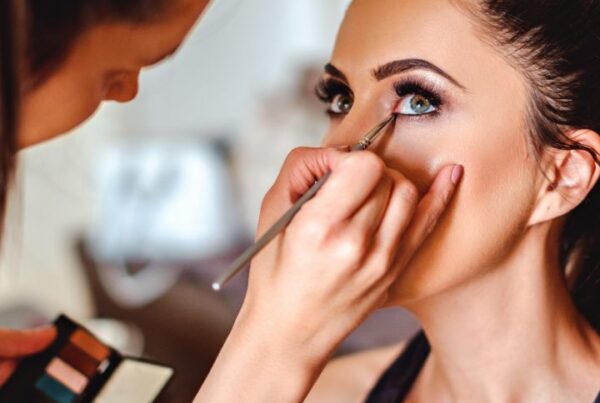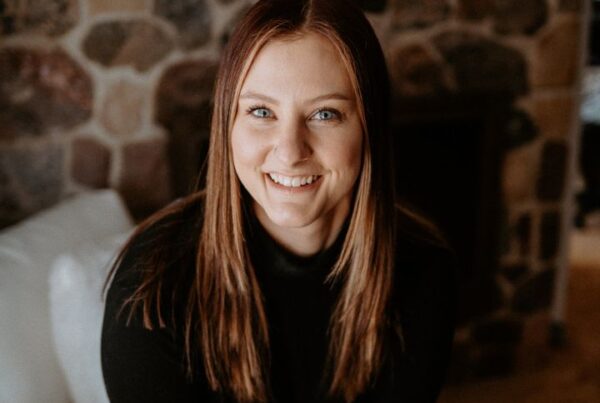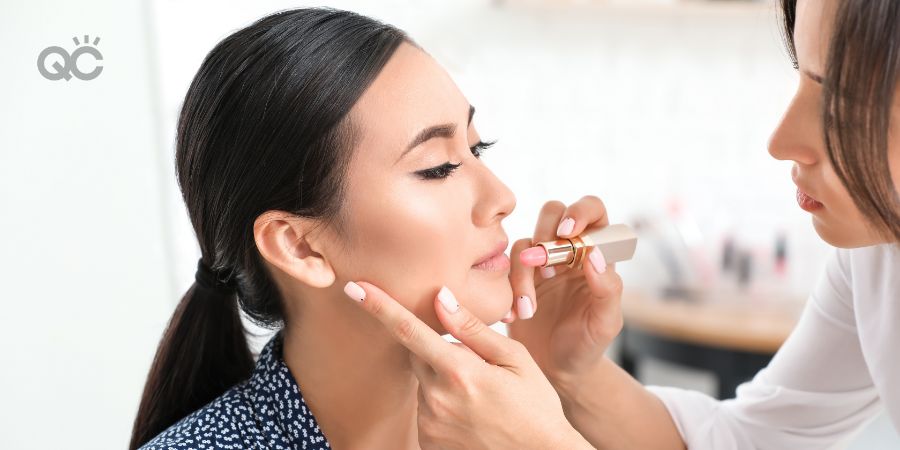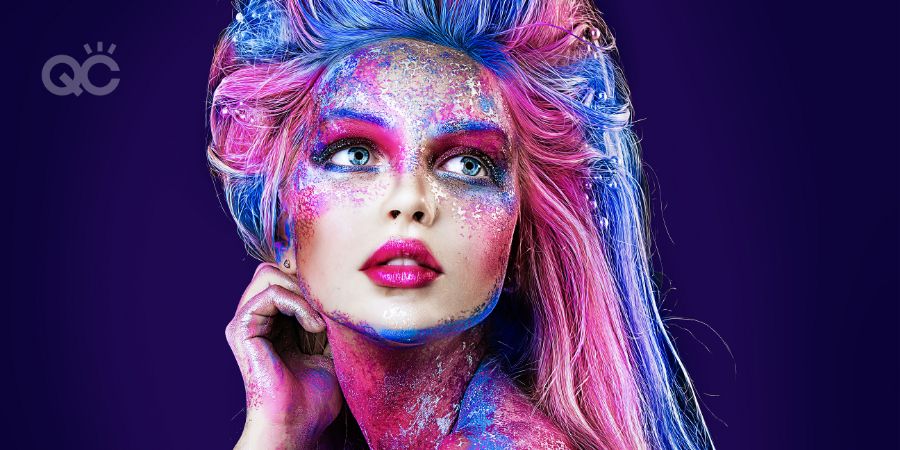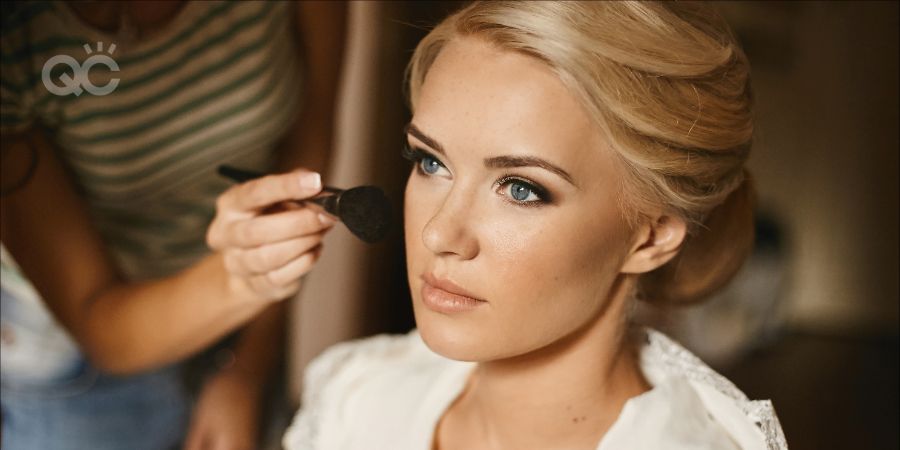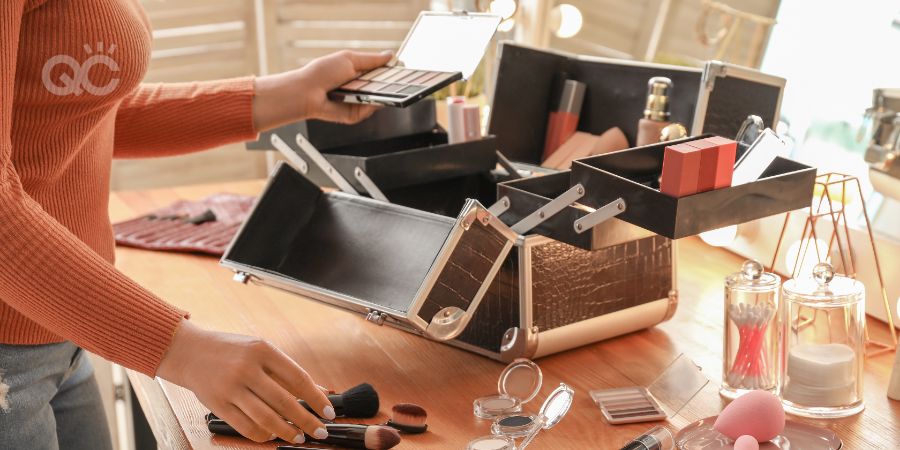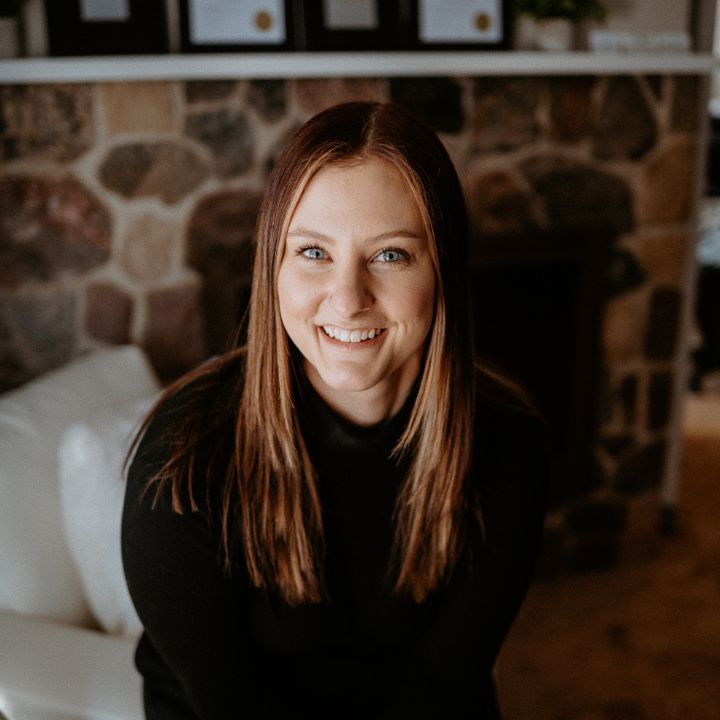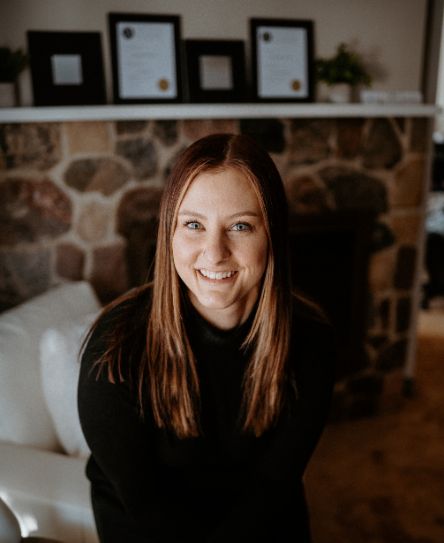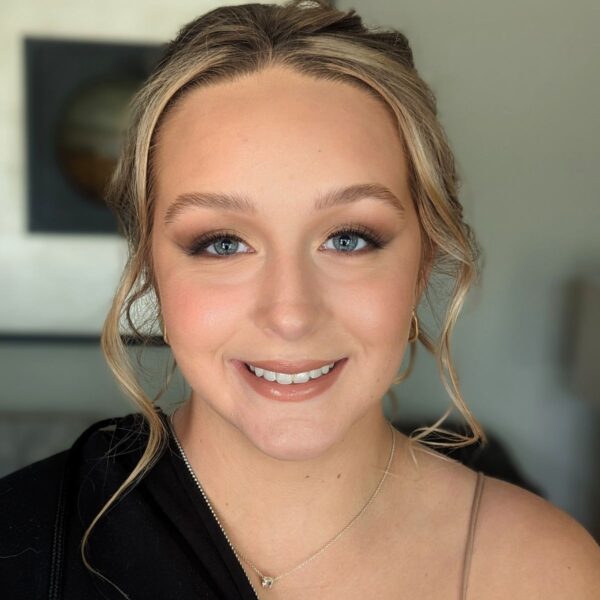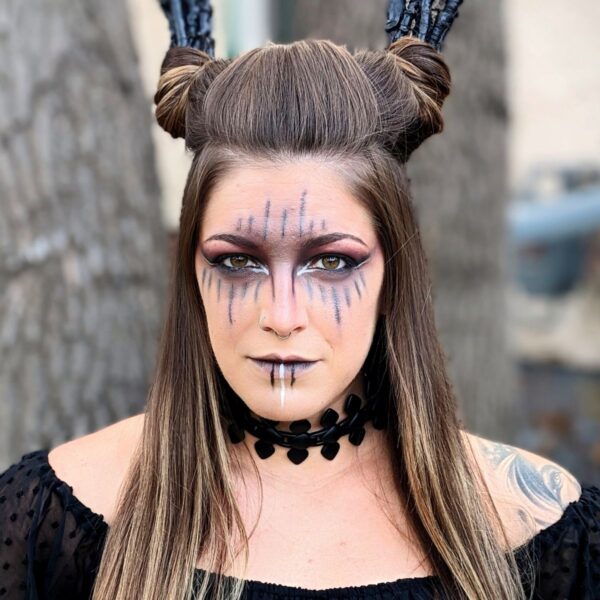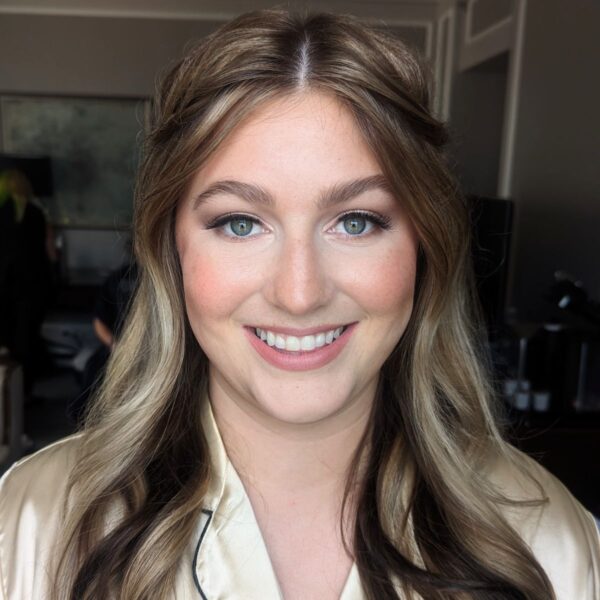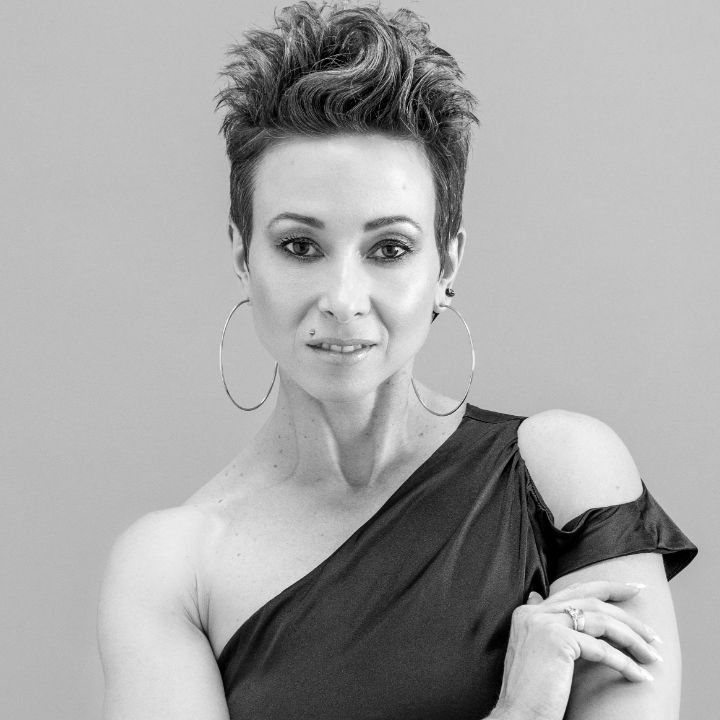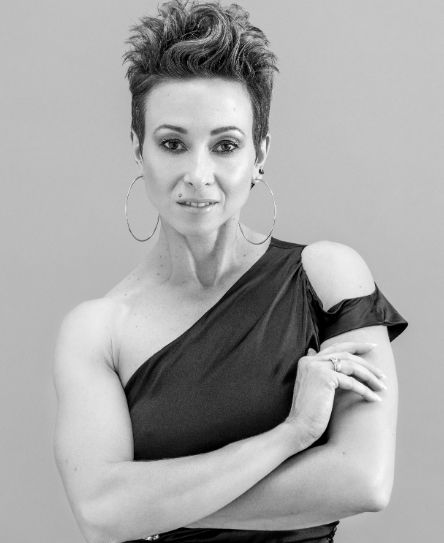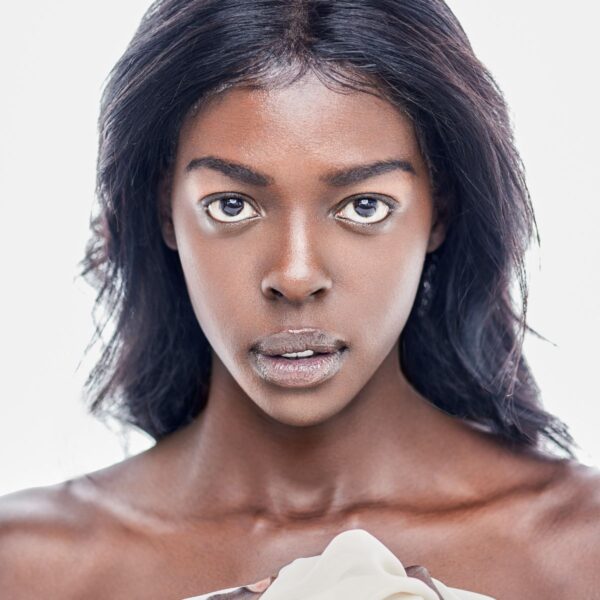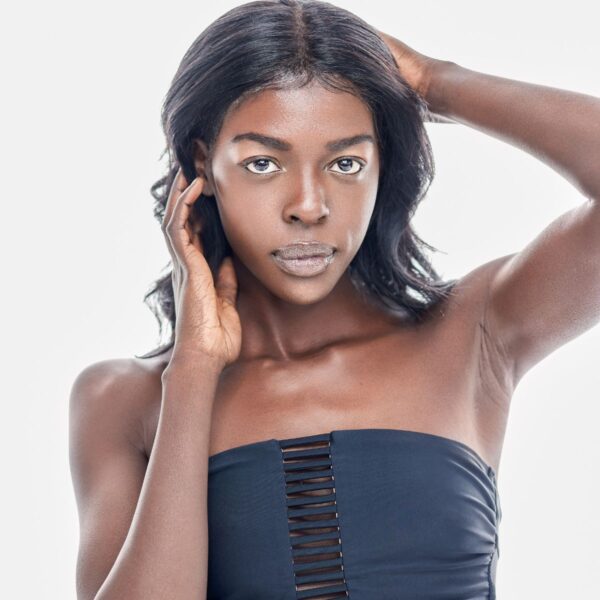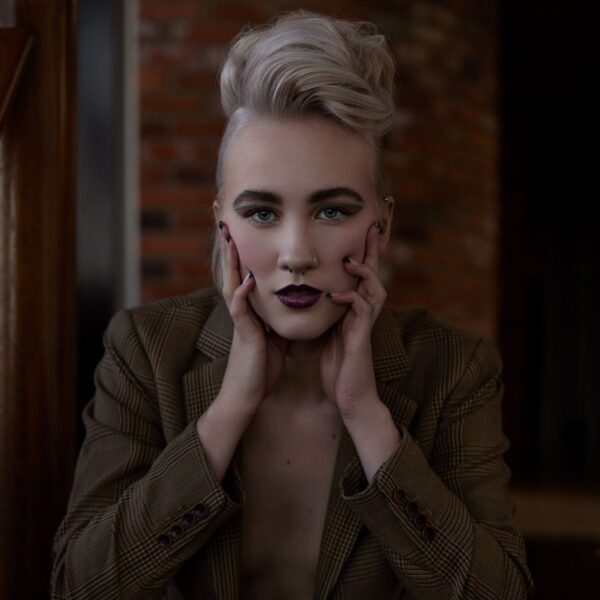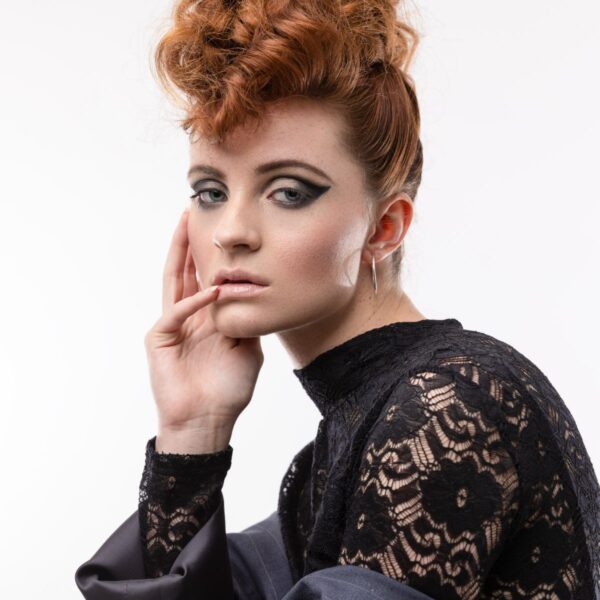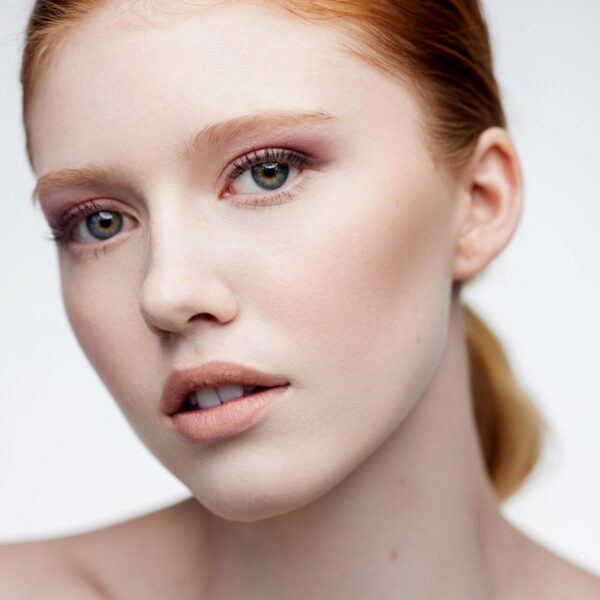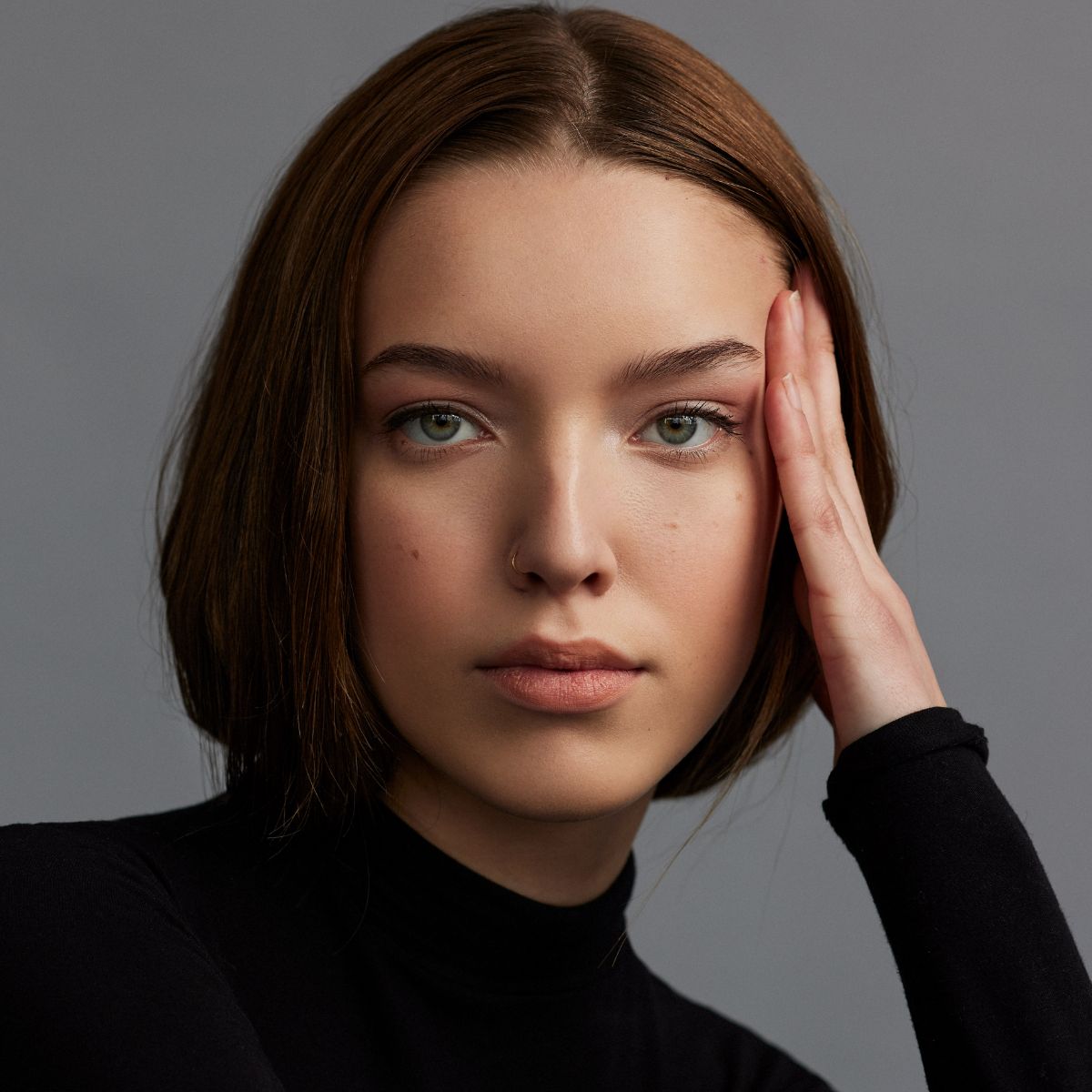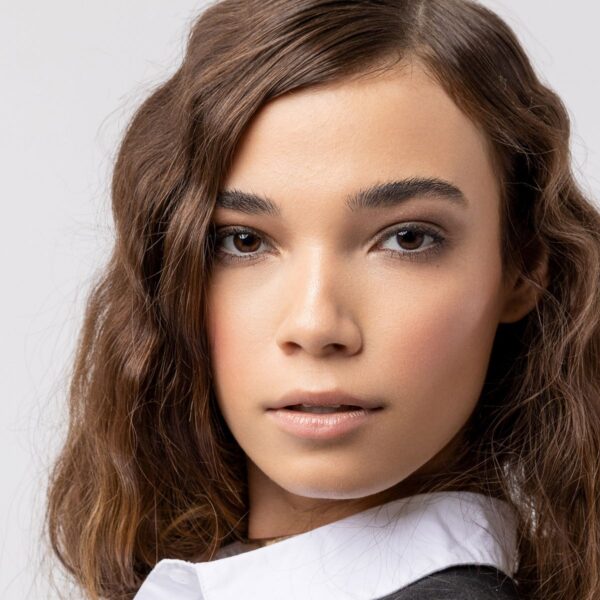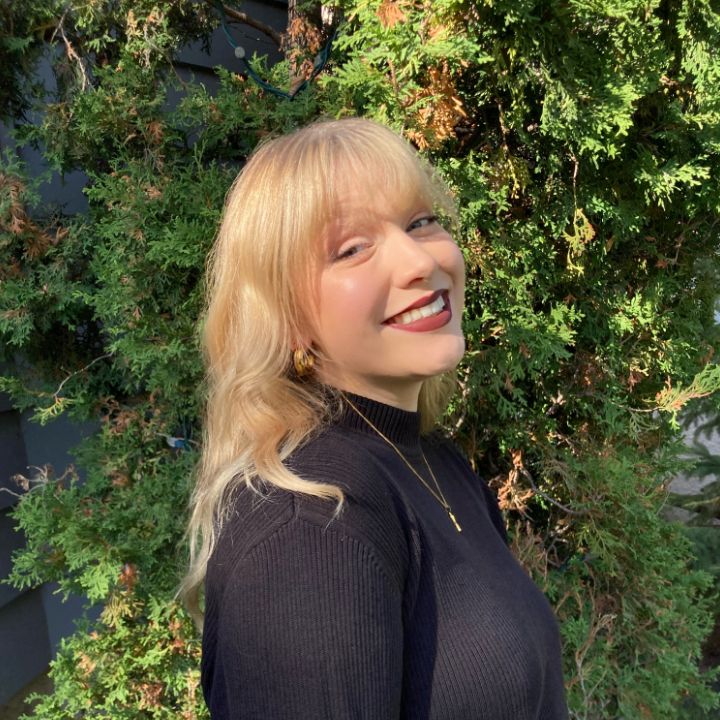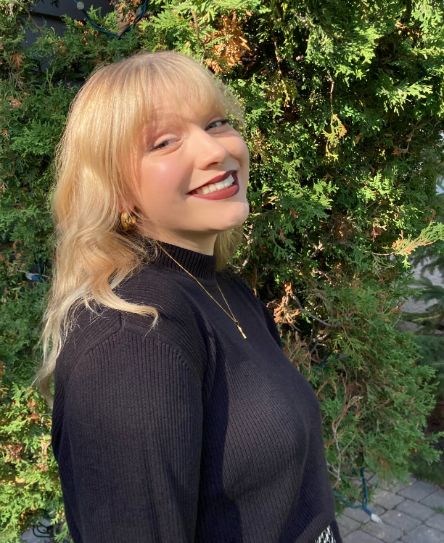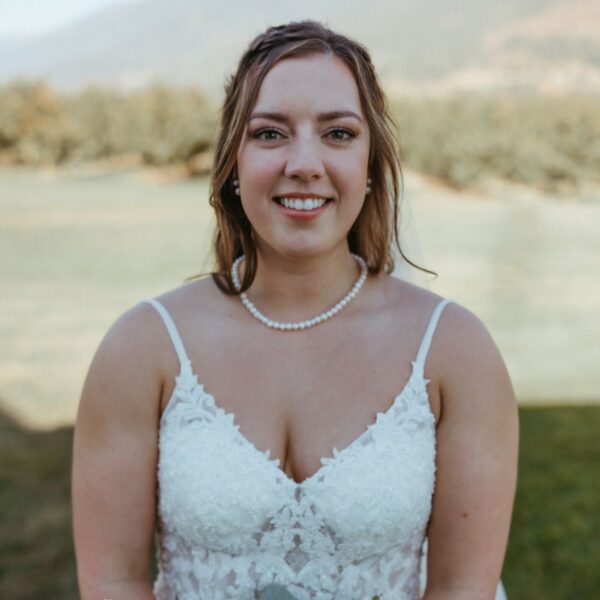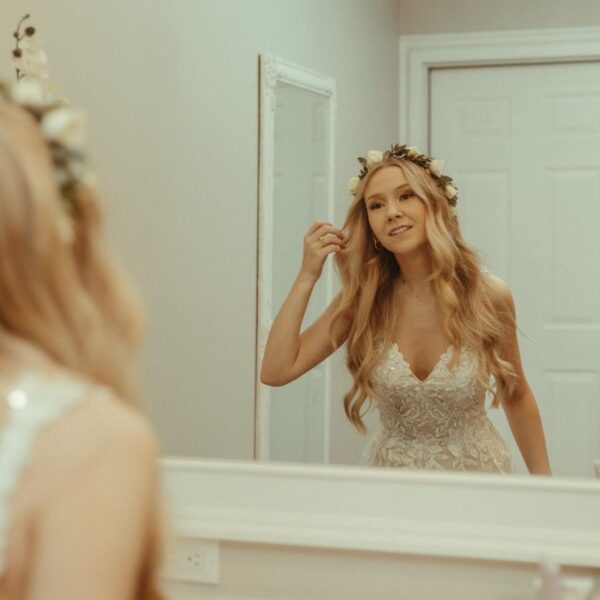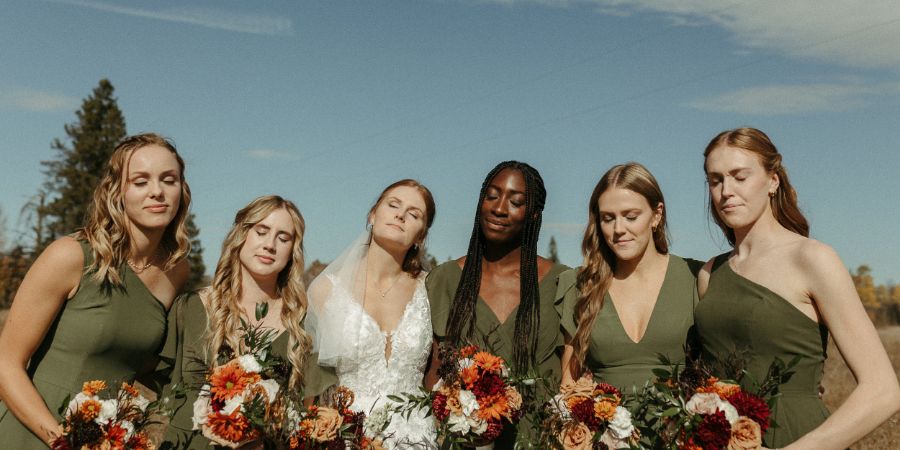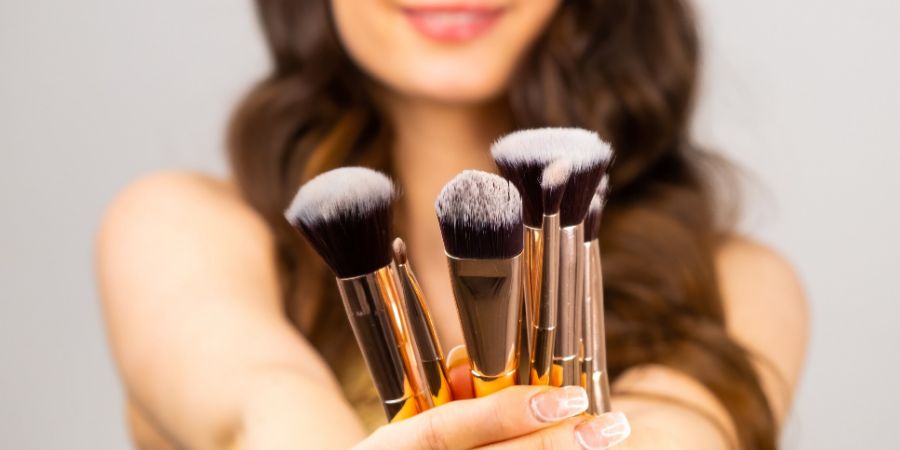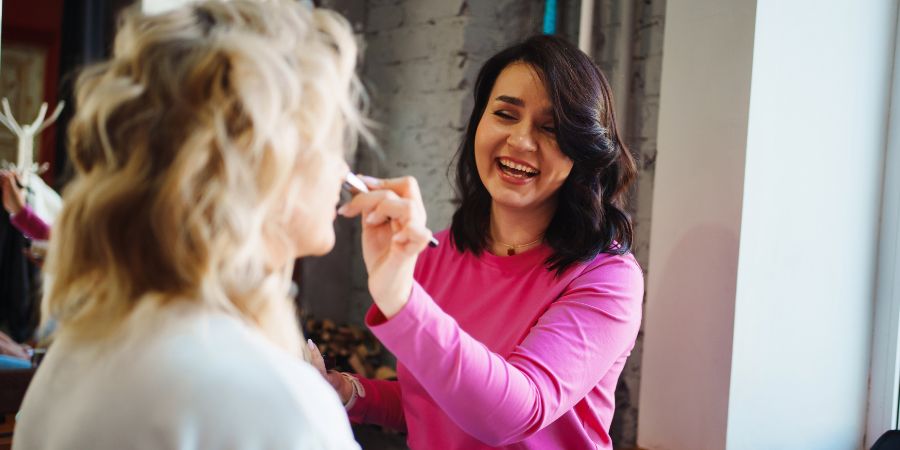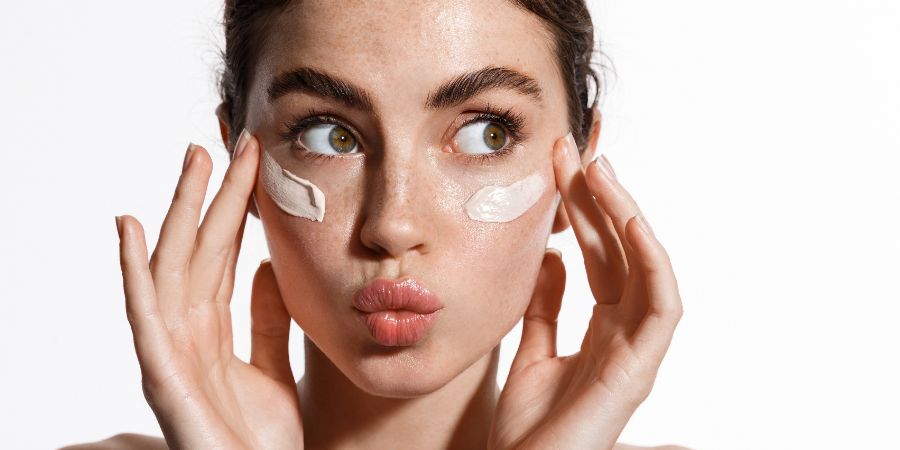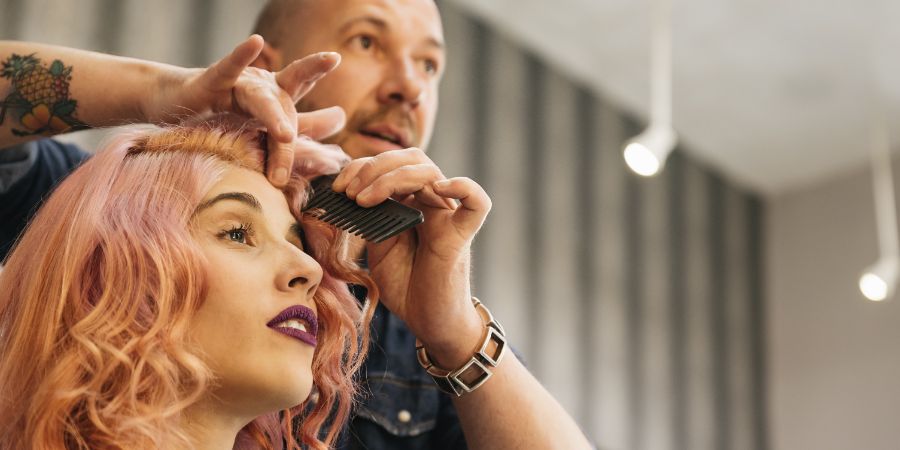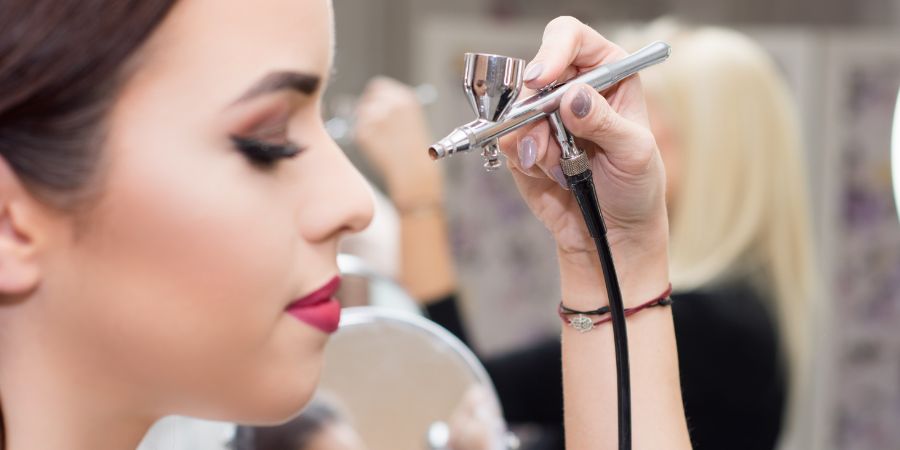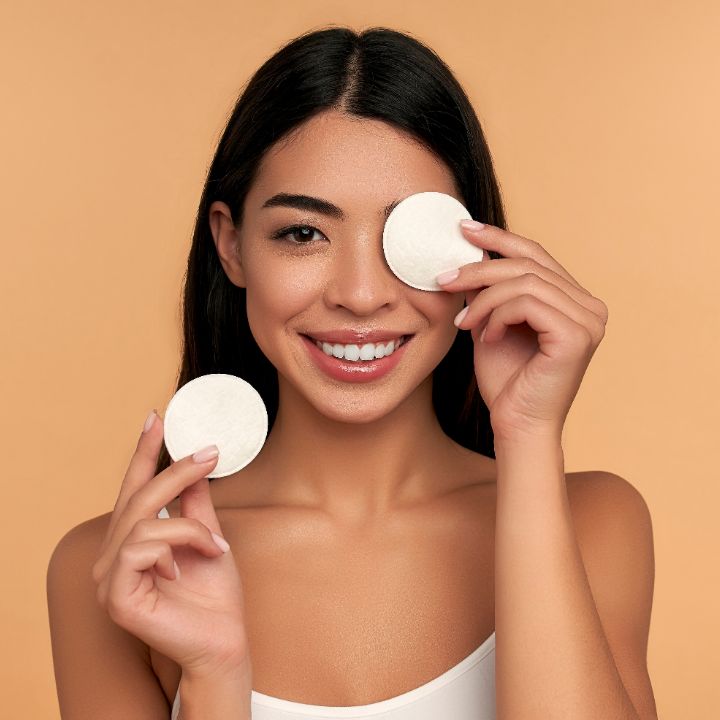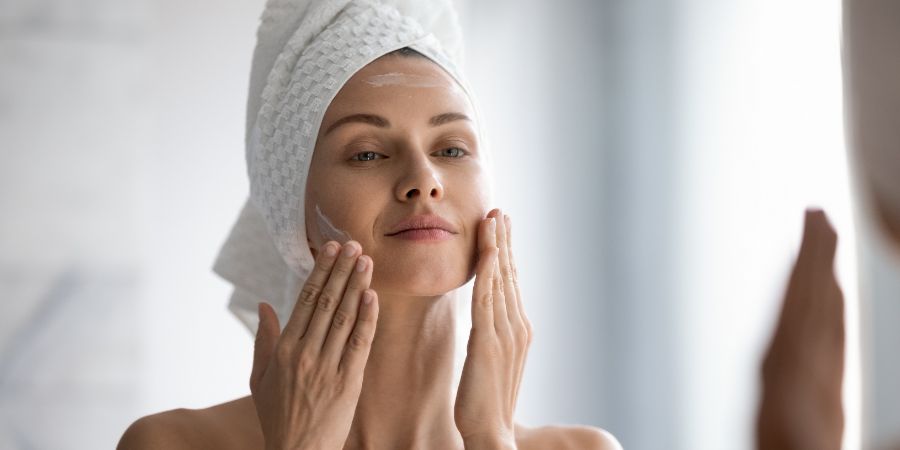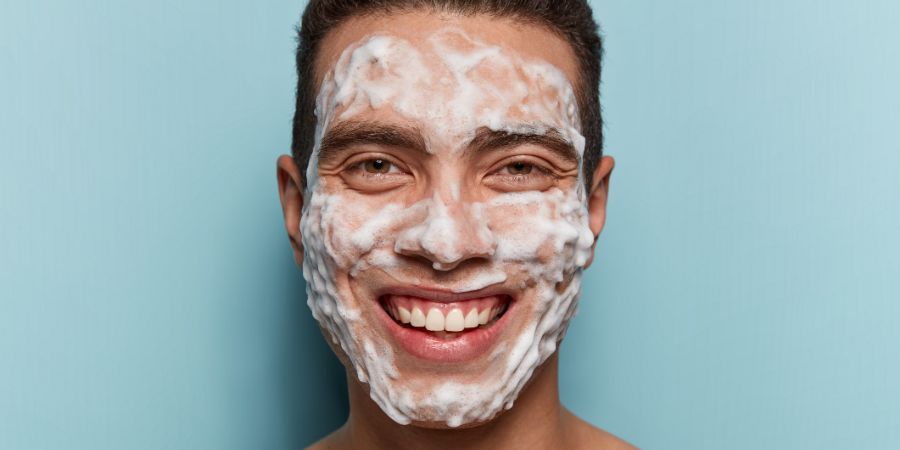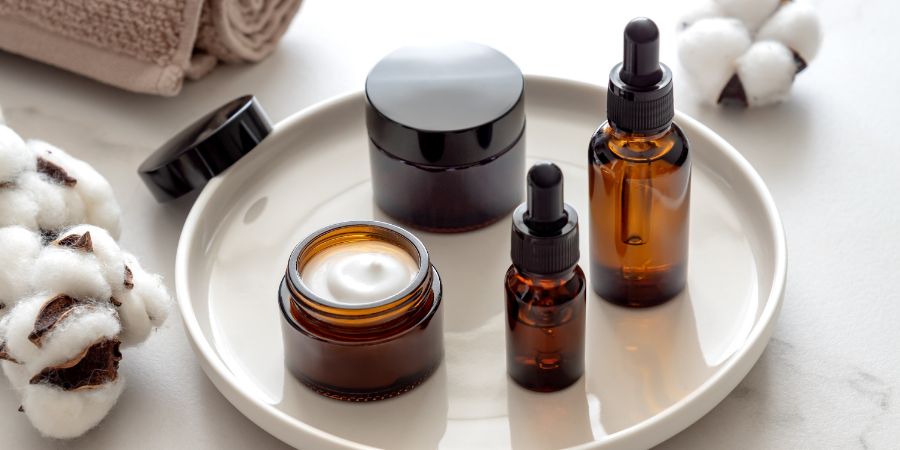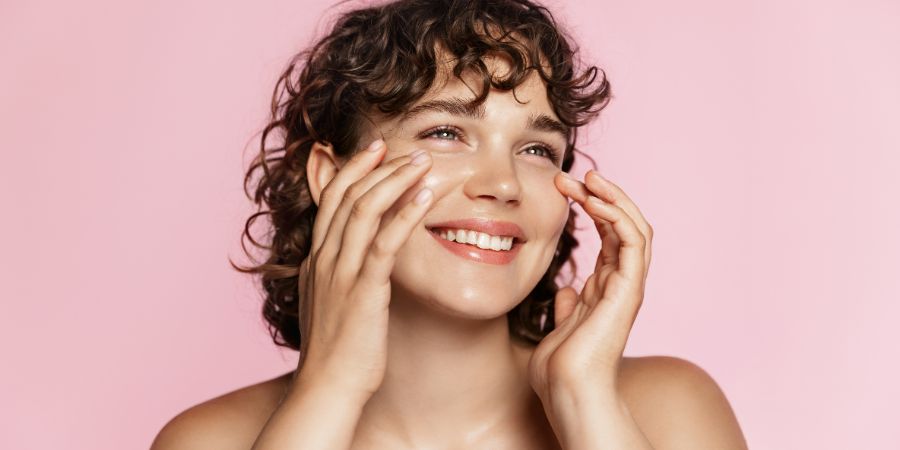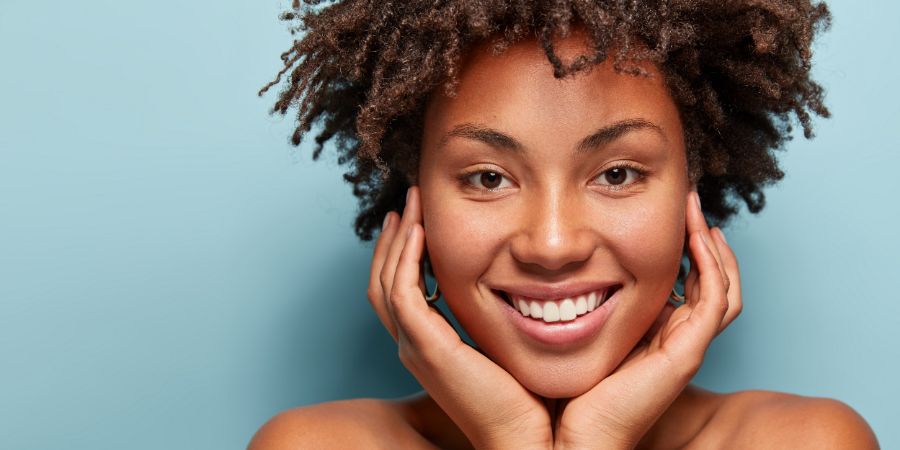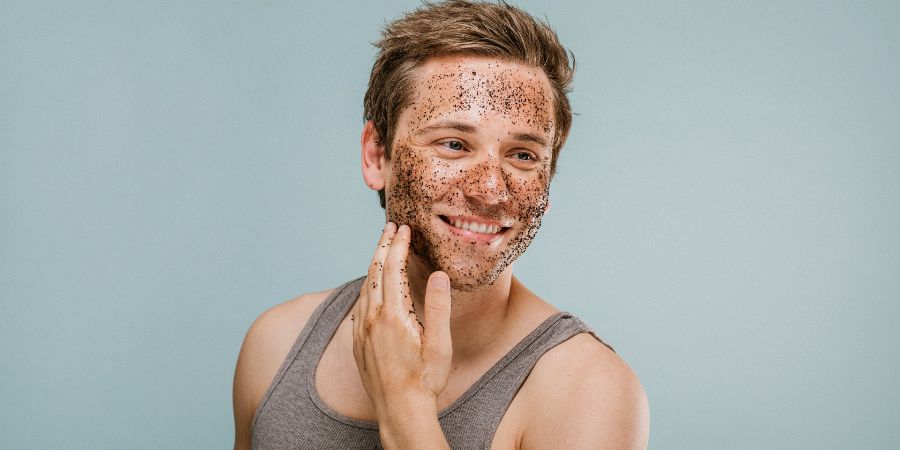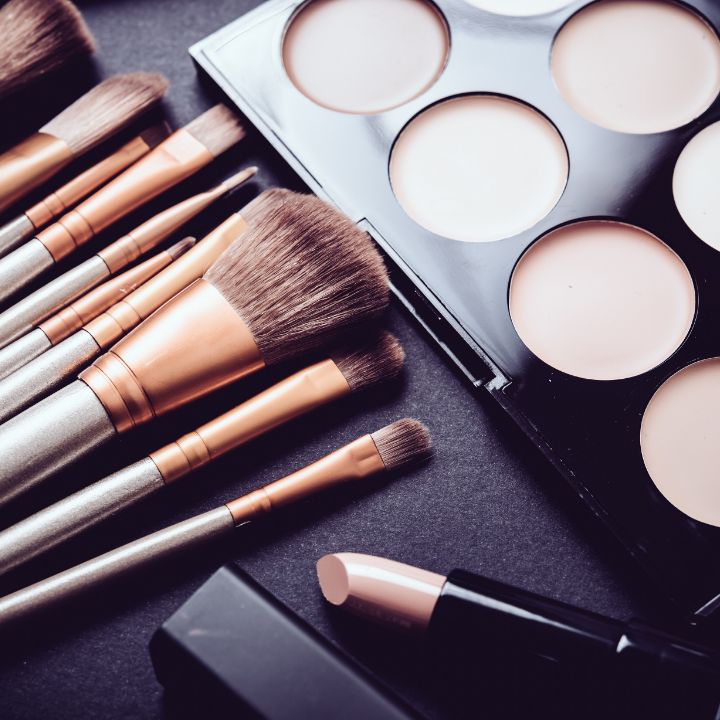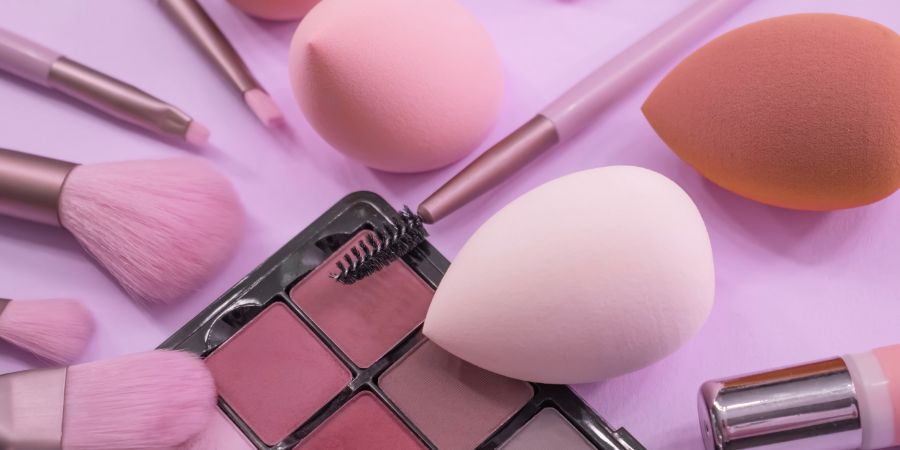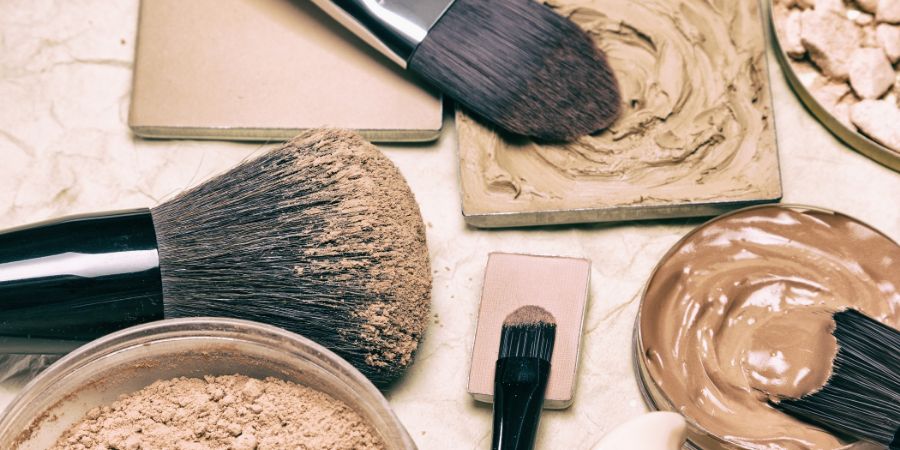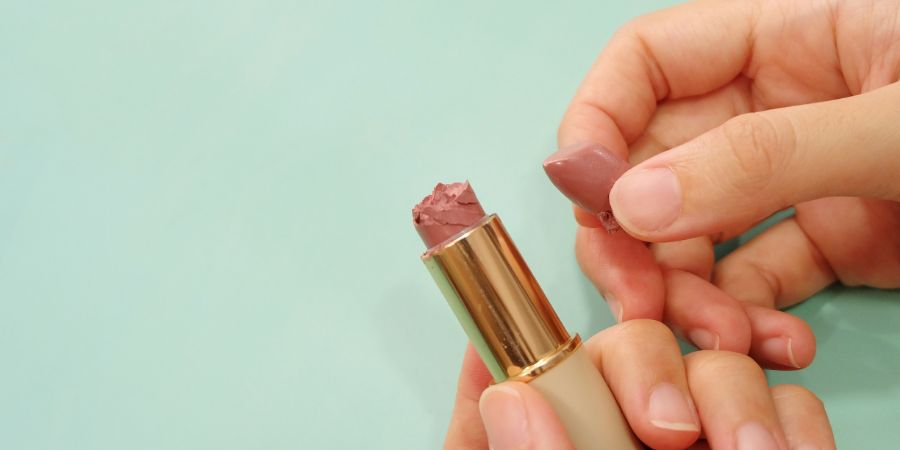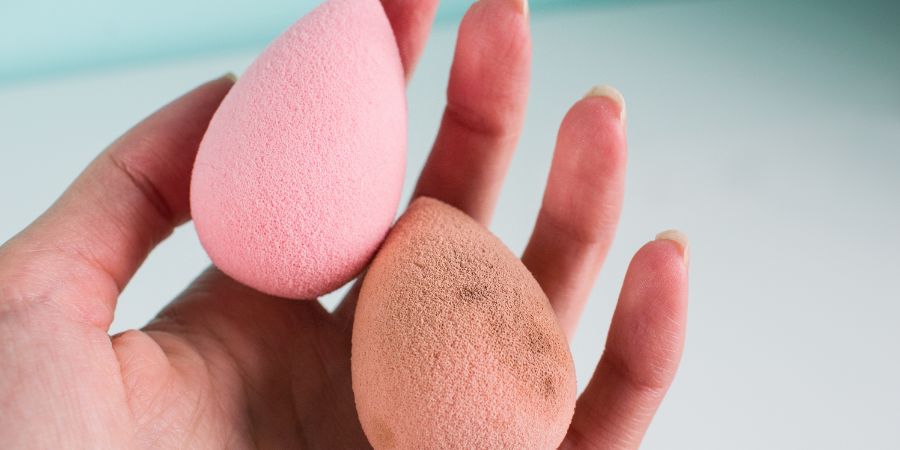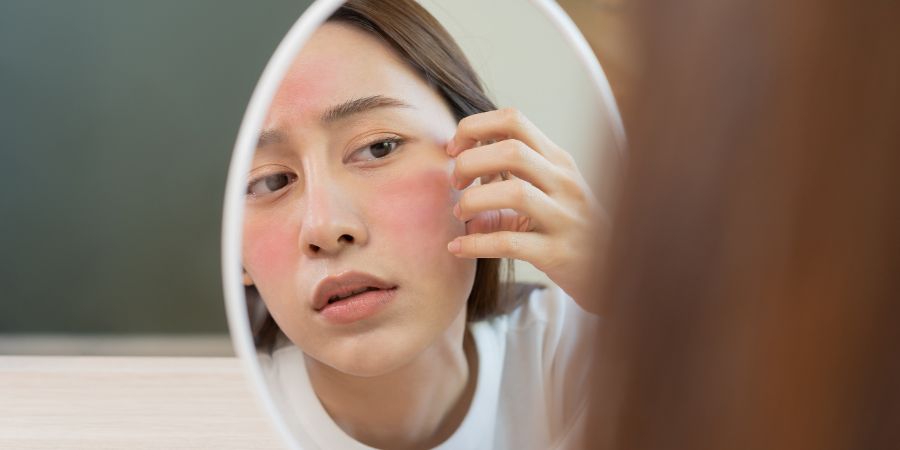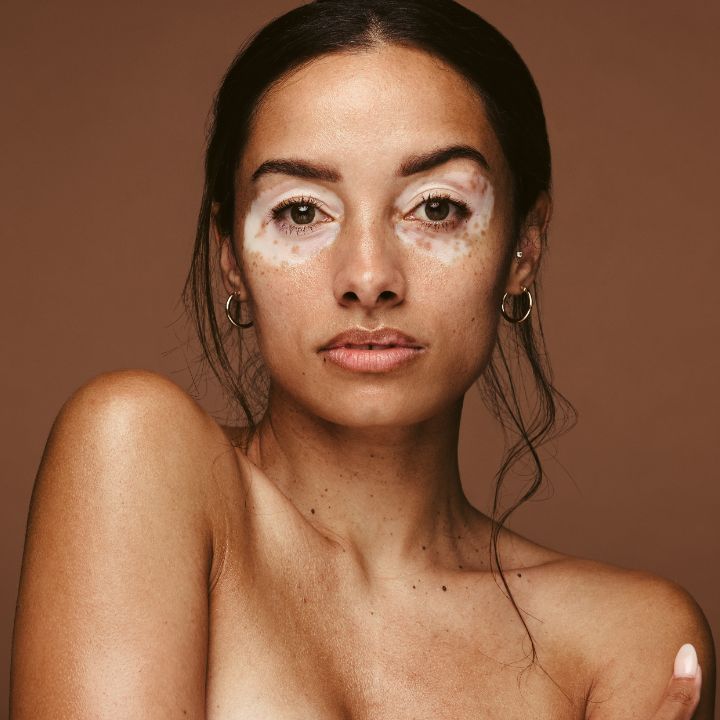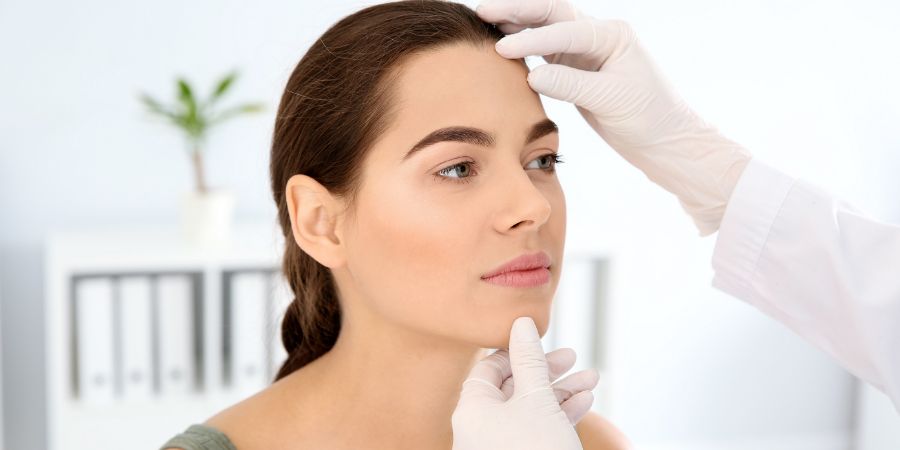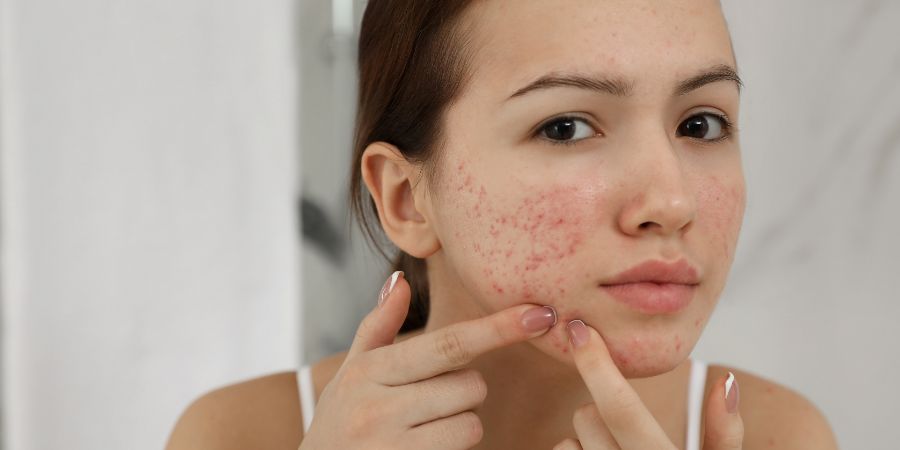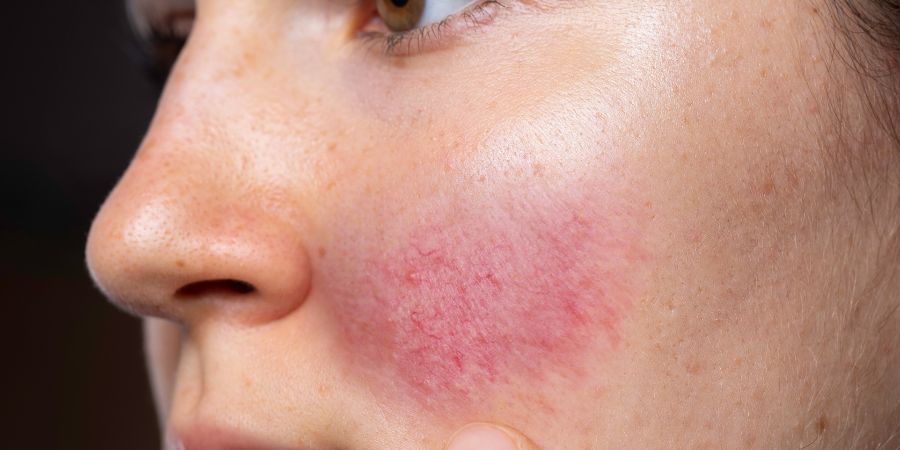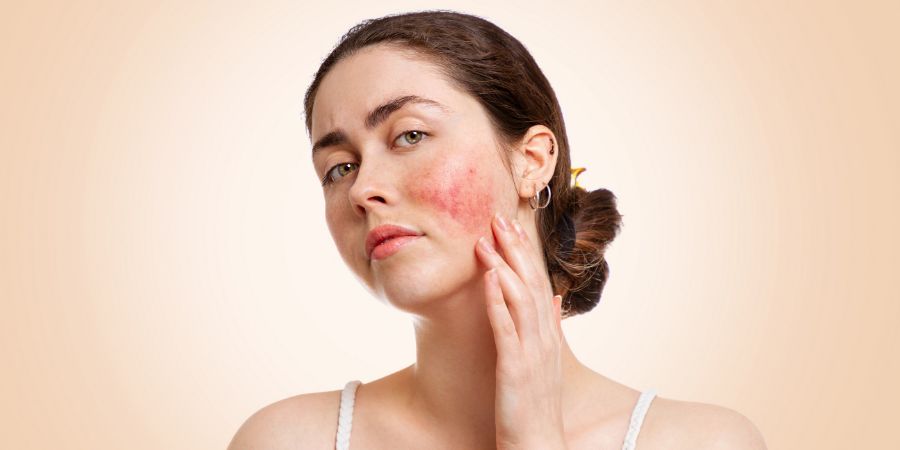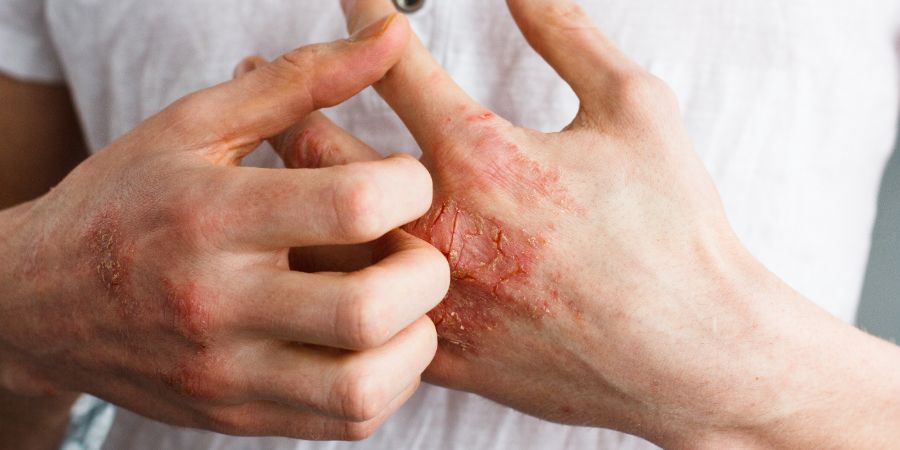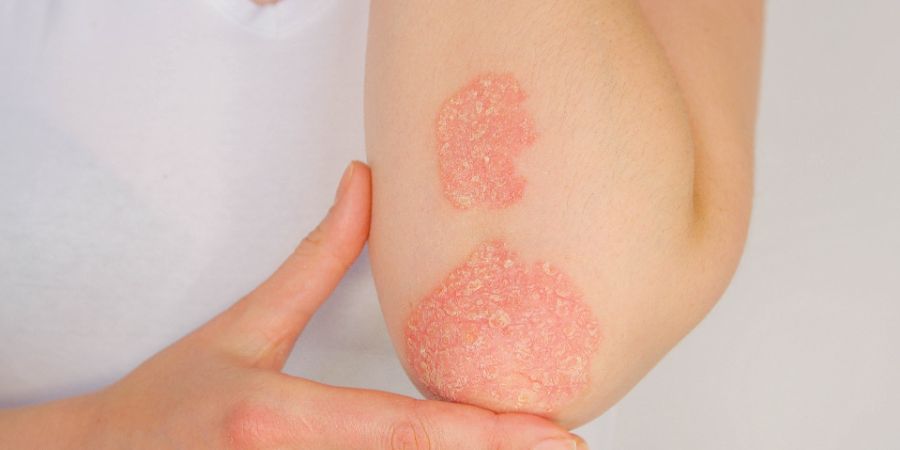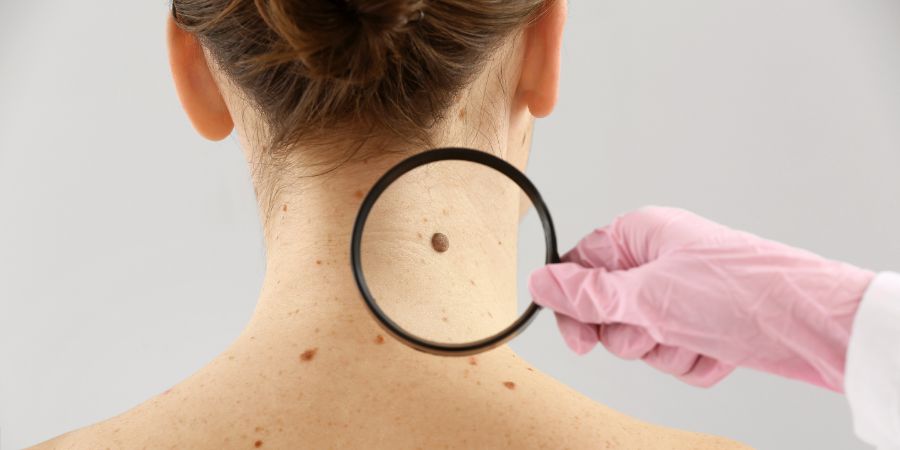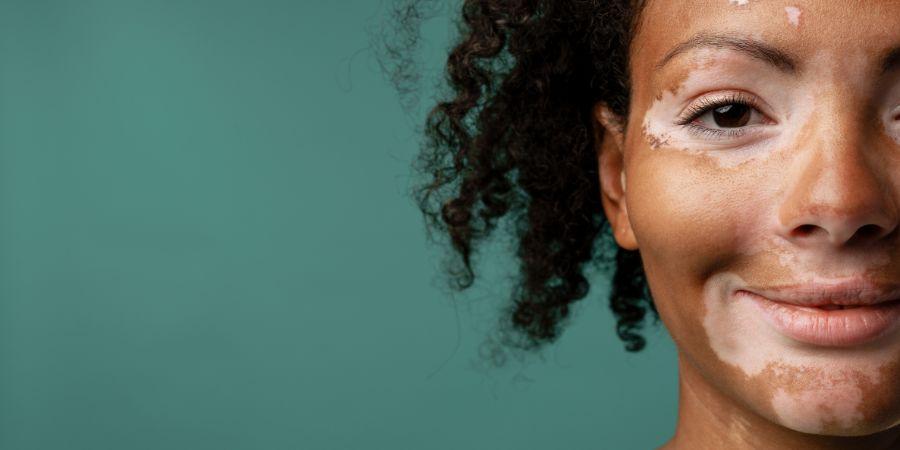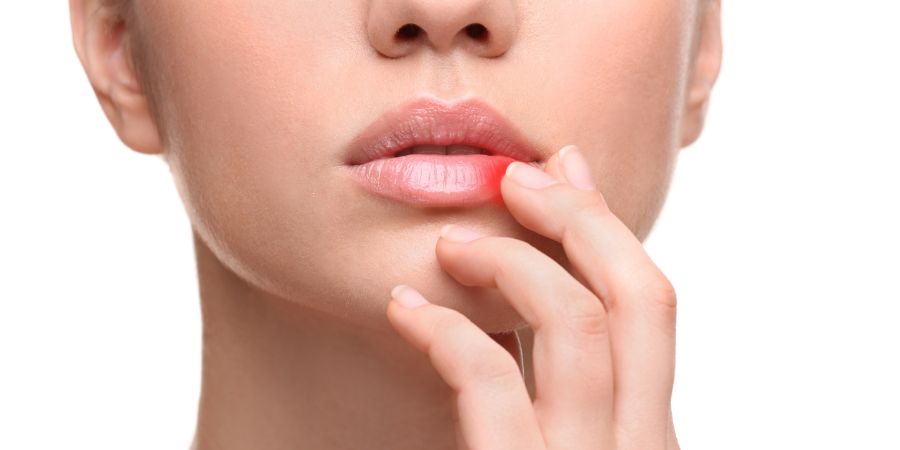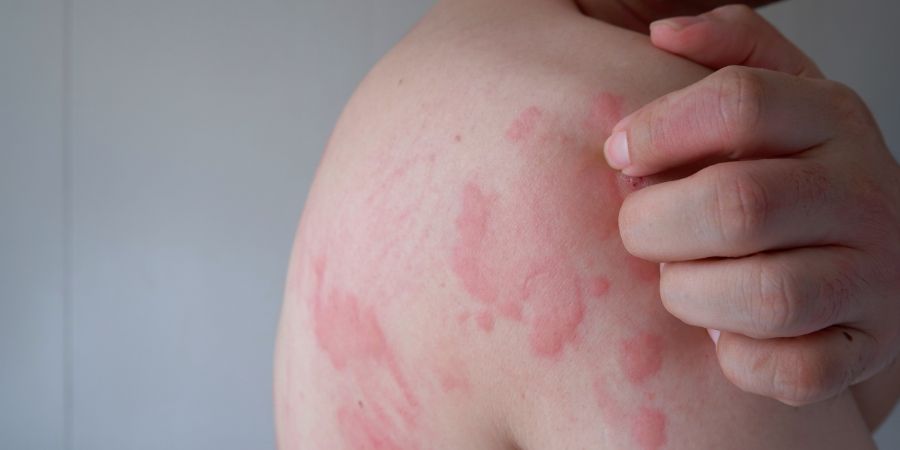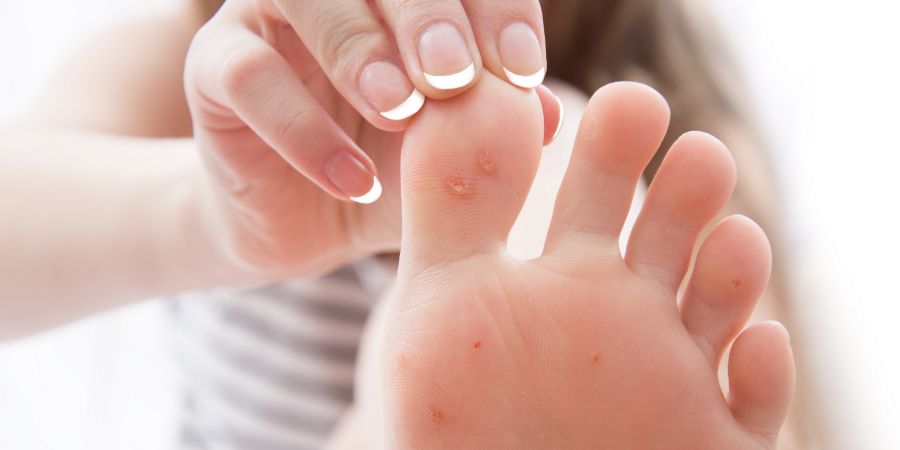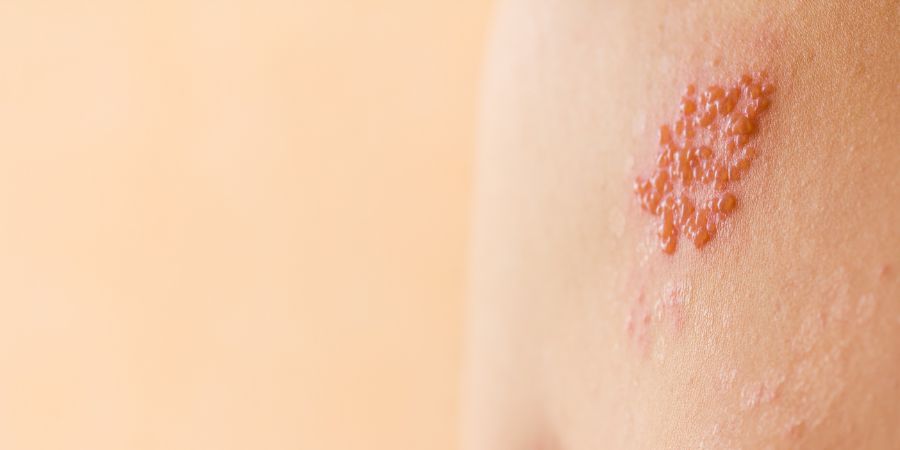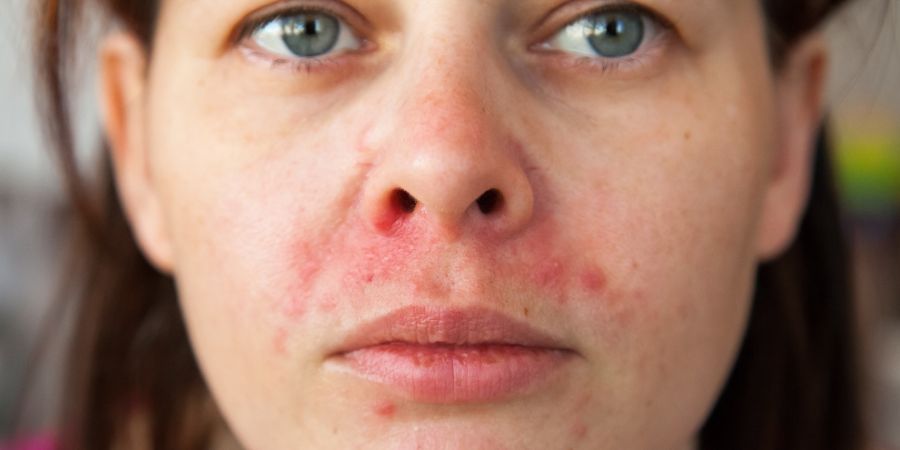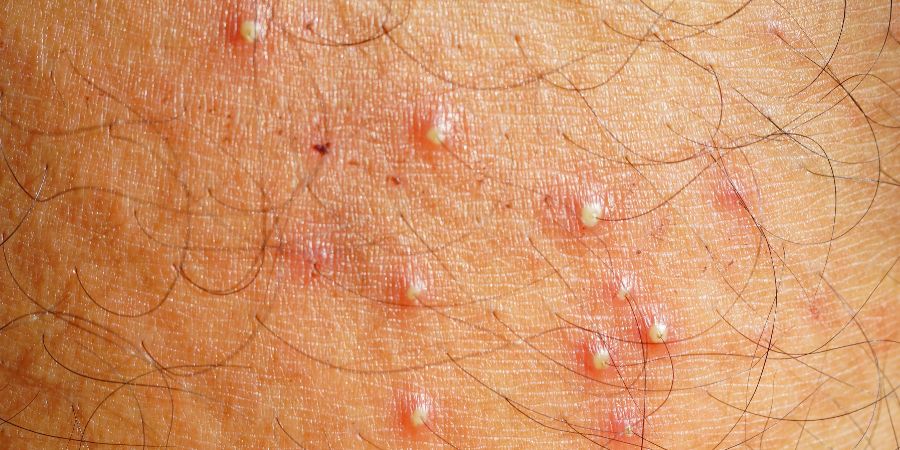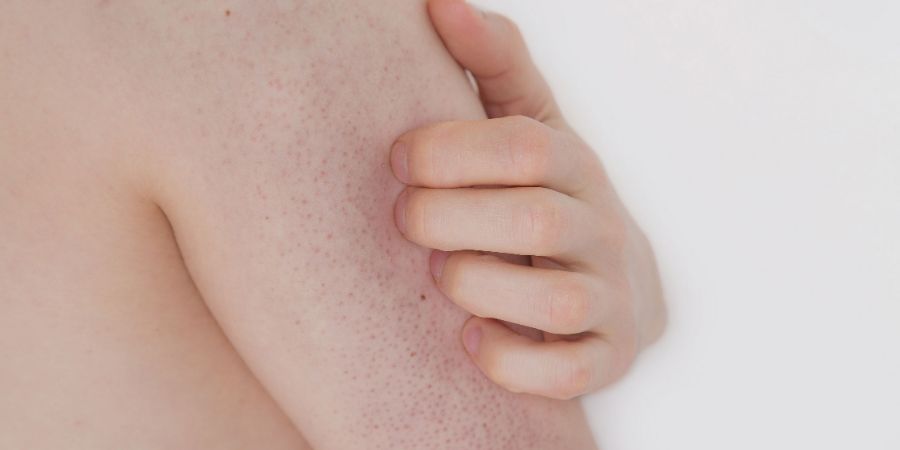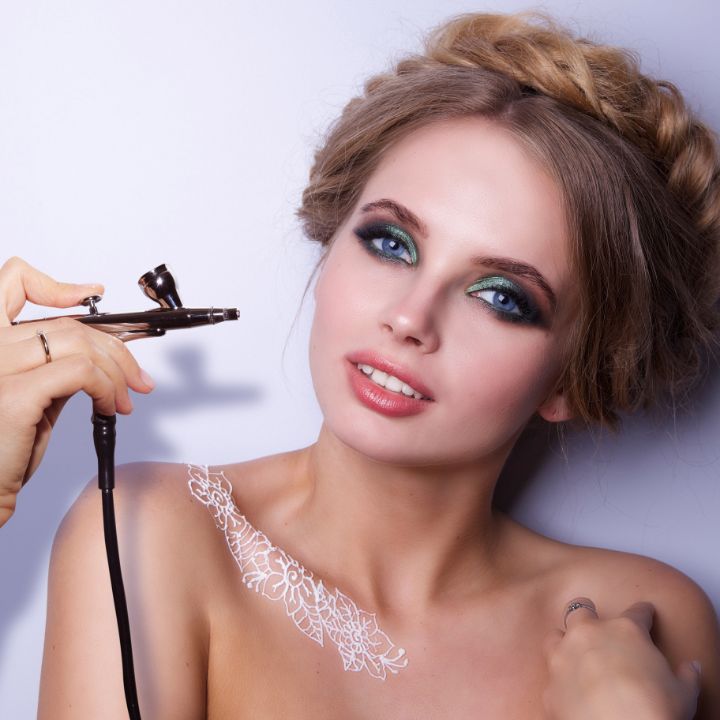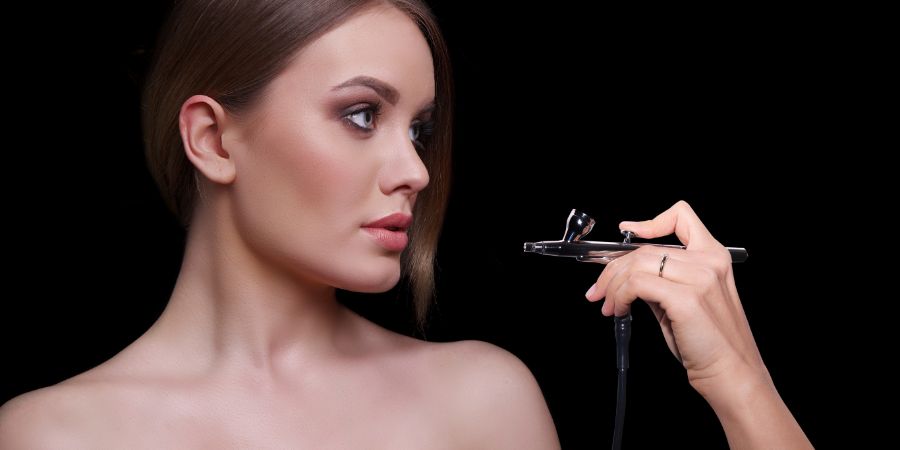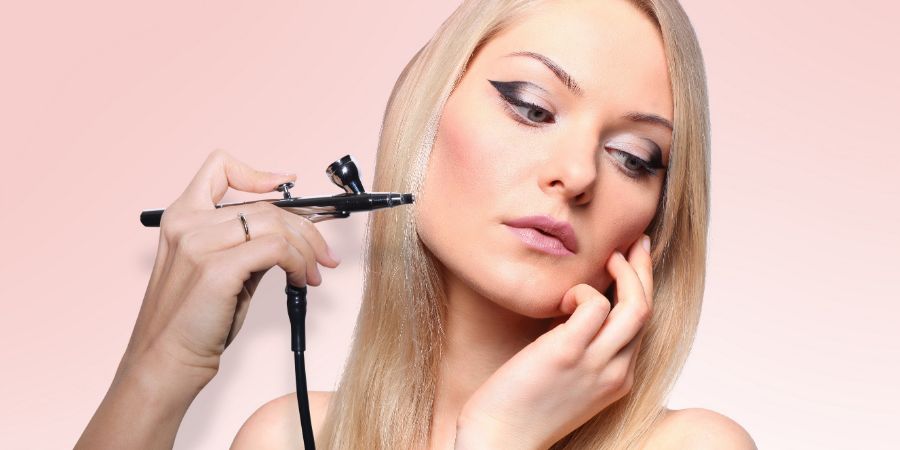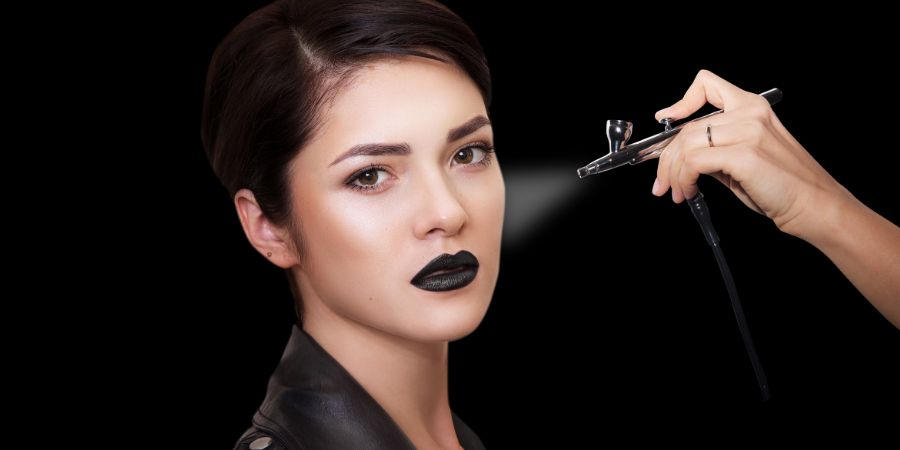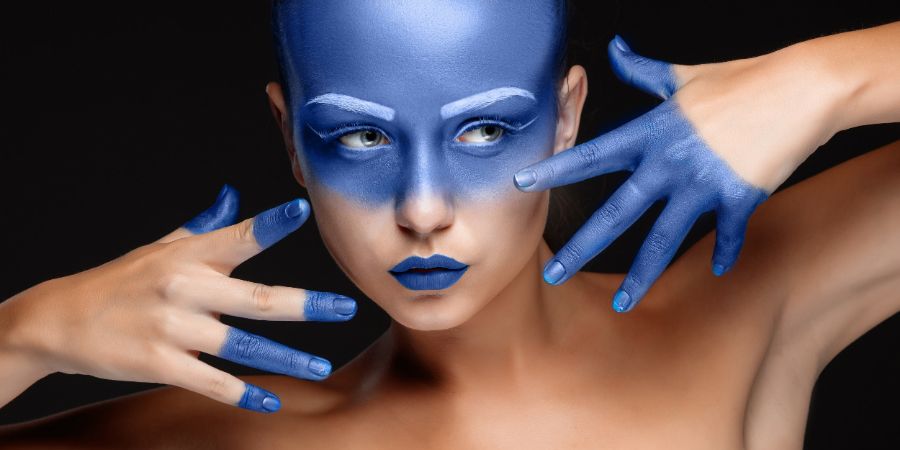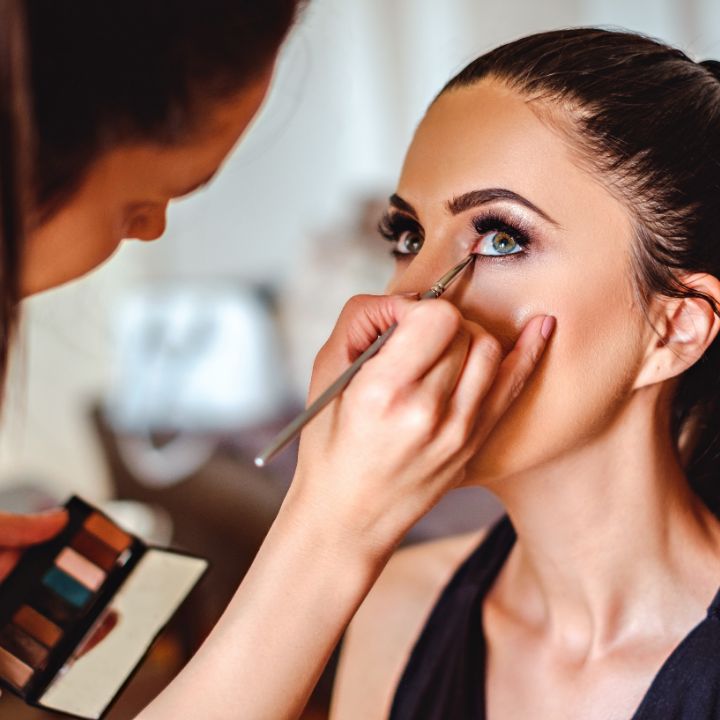
Finding the best cosmetology school in the US for you isn’t easy. With so many schools to choose from, it can be challenging to determine which one is a good fit for you. However, we have created a list of top US cosmetology schools by niche to help you make this decision.
Before you get into the details of different cosmetology schools, think about what your career will be like after finishing your education. This will help you choose a school that provides the right training and resources for the career you want.
Cosmetology is about learning and applying beauty treatments, including makeup artistry, hairstyling, skincare, cosmetics, and manicures/pedicures. Many people who want a career in cosmetology picture themselves working in one of these areas. Each area needs different skills and training, so it’s important to understand these differences before you pick a school.
Ready to find your ideal school? Let’s dive in
Best Makeup Artistry Schools
If you want a career in makeup artistry—the art of applying cosmetics to enhance or alter the appearance—consider attending a specialized school. With the rise of online schooling and flexible schedules, students can balance education with other commitments and gain skills remotely. This flexibility is key to becoming successful in the industry. Here are some top makeup artistry schools to consider!
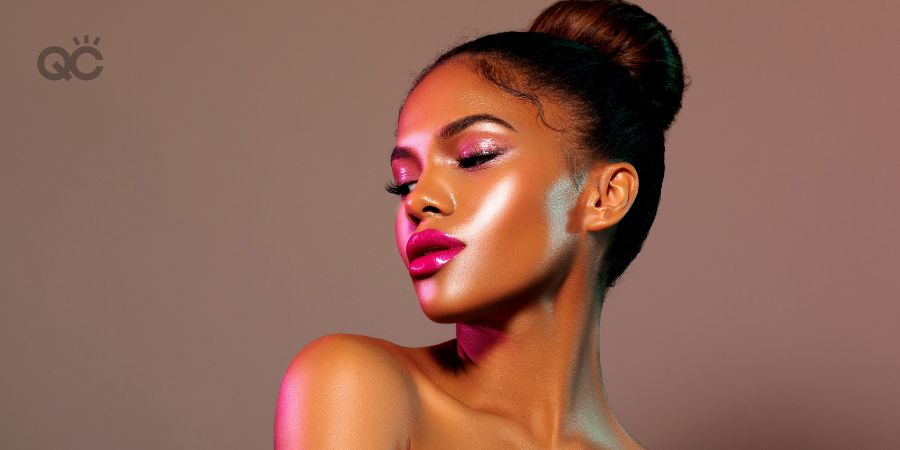
QC Makeup Academy (Online)
QC Makeup Academy provides flexible and comprehensive training in makeup artistry online. The courses cover bridal, special effects, and fashion makeup. Experienced tutors offer personalized support and practical assignments to prepare students for the industry. Students access video tutorials and interactive forums to enhance their skills. Specializing solely in makeup saves money by avoiding unrelated courses. The flexible schedule allows students to study around other commitments, perfect for busy individuals.
Cinema Makeup School (California)
Located in Los Angeles, California, Cinema Makeup School has trained professional makeup artists since 1993. They offer courses in beauty and character makeup, special effects, and prosthetics. The school features an experienced faculty and state-of-the-art facilities. Students benefit from networking opportunities in the entertainment capital of the world. The school also offers workshops and masterclasses with renowned makeup artists.
EI School of Professional Makeup (California)
Based in Hollywood, California, EI School of Professional Makeup has over 50 years of experience. They offer courses in beauty, fashion, special effects, and theatrical makeup. Industry professionals provide hands-on training. Students work on real-life projects and productions, gaining valuable experience. The school has an extensive alumni network, offering support and job opportunities for graduates.
Make-Up Designory (California, New York, and Europe)
With campuses in Los Angeles, New York City, and Europe, MUD offers intensive programs in beauty, character, and special effects makeup. They provide job placement assistance for graduates. MUD updates its curriculum to reflect the latest trends and techniques. The school’s global presence creates a diverse learning environment with students from various backgrounds.
Cosmix School of Makeup Artistry (Florida)
Located in Fort Lauderdale, Florida, Cosmix School of Makeup Artistry offers courses in beauty, fashion, special effects, and prosthetics. Experienced instructors and small class sizes allow for personalized attention and hands-on learning. The school helps students and graduates with job placements and internships. Modern facilities equipped with the latest tools provide a realistic training environment. Guest lectures and workshops with industry experts offer unique insights and knowledge.
5 Tips for Choosing the Right Makeup Artistry Program
- Consider your schedule and flexibility options: Online courses that can be completed at your own pace are a great option for those with busy schedules.
- Check for personalized support and feedback: Experienced tutors provide personalized support and feedback to students.
- Research job opportunities after graduation: Some academies offer job placement assistance for graduates to help them kickstart their careers in the industry.
- Consider location and course cost: Online courses offer flexibility and often cost less.
- Look at any testimonials from graduates. This will allow you to tap into the experience of alumni to see if it is a good fit for you.
Best Hair Styling Schools
These hair styling schools in the US produce successful professionals in the industry. They have worked on fashion shows, editorials, and for celebrity clients. Hair styling, the art of cutting, coloring, and arranging hair to enhance or maintain a person’s appearance, is a rewarding career path. If you’re passionate about hair styling and want to turn it into a career, consider these schools. Here are the top 5 hair styling schools in the US!

Paul Mitchell Schools (Various Locations)
With over 100 locations across the United States, Paul Mitchell Schools are famous for their thorough hair styling programs. They cover both traditional and modern techniques. These schools offer courses in haircutting, coloring, and texturing. As a result, students gain a well-rounded education in hair artistry. Additionally, Paul Mitchell Schools provide business classes. These classes help students prepare for a successful career in the industry by covering topics like salon management, customer service, and marketing strategies. The schools focus on fostering creativity and professionalism among their students.
Aveda Institutes (Various Locations)
Founded by acclaimed hairstylist Horst Rechelbacher, Aveda Institutes have multiple campuses across the US. They offer a variety of courses in hairstyling, cosmetology, and esthetics. The institutes emphasize eco-friendly and sustainable practices, weaving these principles into their teaching methods. Students receive training in the latest beauty techniques and use natural and organic products. Moreover, Aveda Institutes focus on holistic approaches to beauty and wellness. This ensures graduates are skilled in both technical aspects and environmental responsibility.
Toni&Guy Hairdressing Academy (Various Locations)
Toni&Guy Hairdressing Academy boasts multiple locations across the US. They offer specialized training in cutting, coloring, styling, and barbering. The curriculum provides students with a deep understanding of contemporary hairdressing techniques and trends. Additionally, the academy offers unique opportunities for students to participate in fashion shows, photo shoots, and industry events. These experiences allow them to gain invaluable real-world experience. Toni&Guy is dedicated to nurturing creativity and innovation, preparing students to excel in the competitive beauty industry.
Empire Beauty Schools (Various Locations)
With over 80 locations throughout the US, Empire Beauty Schools offer extensive programs in cosmetology, esthetics, and makeup artistry. Their curriculum includes detailed training in hair, skin, and nail care, as well as advanced makeup techniques. Furthermore, Empire Beauty Schools emphasize business education with courses on salon management, entrepreneurship, and client relations. This ensures students are well-prepared for success in the industry. The schools aim to inspire confidence and competence in their graduates, equipping them with the skills needed to thrive in various beauty careers.
Vidal Sassoon Academy (California and Illinois)
Founded by legendary hairstylist Vidal Sassoon, the Vidal Sassoon Academy has top locations in California and Illinois. The academy offers specialized training in precision hair cutting and advanced coloring techniques. It adheres to the high standards set by its founder. Courses cater to both new students and experienced stylists looking to enhance their skills. The Vidal Sassoon Academy is known for its rigorous training programs and commitment to excellence. They provide students with the knowledge and expertise needed to become leaders in the hairdressing industry.
5 Tips for Choosing the Right Hair Styling Program
- Look for a school with experienced and skilled instructors: Qualified instructors who have worked in the industry can provide valuable insights and techniques.
- Consider hands-on training opportunities: Hands-on experience is crucial in the hair styling industry, so look for schools that offer practical training opportunities.
- Check for partnerships or collaborations with well-known brands or professionals: This can provide unique learning opportunities and networking connections.
- Research the curriculum and course offerings: Comprehensive programs that cover various techniques and styles will give you a well-rounded education.
- Consider location and cost: Attending a physical campus may provide more hands-on training opportunities, but online courses offer flexibility. Consider the cost of tuition and other expenses when choosing a school.
Best Skincare/Esthetician Schools
These top skincare and esthetician schools in the USA train students for successful beauty careers. An esthetician is a professional who specializes in skincare, including treatments to improve the appearance and health of the skin, such as facials, exfoliations, and extractions, as well as providing advice on skincare routines and products. These schools teach everything from traditional facials to advanced skincare techniques. Experienced instructors and modern facilities give students the skills and knowledge they need.
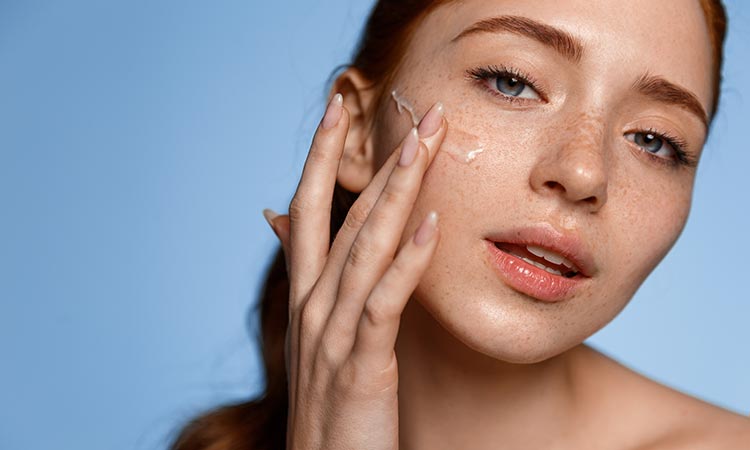
Catherine Hinds Institute of Esthetics (Massachusetts)
The Catherine Hinds Institute of Esthetics is located in Massachusetts. It has a rigorous curriculum that covers many topics. These include skin analysis, chemical peels, microdermabrasion, and business skills. Additionally, students can gain real-world experience through internships and by working in the institute’s student spa. This hands-on experience helps them apply what they learn in the classroom.
Christine Valmy International School (Various Locations)
Christine Valmy International School has multiple locations across the country. It offers a comprehensive esthetics program. This program covers skincare techniques, makeup application, and business skills. Moreover, students can choose to specialize in areas like aromatherapy, medical esthetics, or holistic skin care. This variety allows students to tailor their education to their interests.
The International Dermal Institute (Worldwide)
The International Dermal Institute has locations worldwide. It offers advanced training in skin analysis and treatment techniques using Dermalogica products. Furthermore, the school focuses on scientific principles and hands-on experience. This focus helps students gain the skills they need to become successful estheticians. The institute’s global presence provides students with a wide range of learning opportunities.
School of Natural Skincare (Various Locations)
The School of Natural Skincare is known for its skincare programs. It has multiple campuses that offer comprehensive training in esthetics. Additionally, the school uses eco-friendly and sustainable practices in its teaching methods. This approach prepares students for a career in the industry while promoting environmental consciousness. The focus on sustainability sets the school apart from others.
New York Institute of Beauty (New York)
The New York Institute of Beauty is located in New York. It offers various esthetics courses, including facials, waxing, and makeup application. Furthermore, the school partners with Dermalogica to provide specialized training and product discounts. This partnership gives students access to high-quality products and training. The institute’s location in New York provides students with many opportunities to learn and grow in the field of esthetics.
5 Tips for Choosing the Right Skincare Program
- Research the school’s accreditation status to ensure it meets the necessary educational standards for your chosen field.
- Look into the curriculum and hands-on training opportunities, as these are crucial for gaining practical experience and skills.
- Consider class sizes for personalized instruction, which can enhance your learning experience and provide more direct support from instructors.
- Check for job placement assistance or internship opportunities, as these can significantly boost your career prospects post-graduation.
- Examine the facilities and equipment provided, and choose a program that aligns with your interests and career goals, while also talking to current students or graduates for their feedback and experiences.
Best Nail Technician Schools
These top nail schools in the US offer thorough training and hands-on experience to help students become successful nail technicians. A nail technician is someone who provides nail care services like manicures and pedicures. With experienced instructors and modern facilities, these schools ensure that graduates have the skills and knowledge needed to succeed in the industry. So, if you love working with nails, consider these schools for your education and training!

Creative Images Institute of Cosmetology (Ohio)
Creative Images Institute of Cosmetology is a top choice for aspiring nail technicians, with multiple locations in California and Texas. The school offers comprehensive training in manicures, pedicures, artificial nails, and various nail art techniques. With experienced instructors and modern facilities, students can learn the latest trends in the industry. Furthermore, the institute provides a supportive environment that helps students grow and develop their skills.
Ogle School (Texas)
Ogle School offers nail technician programs at multiple campuses across Texas. Their curriculum features comprehensive training in natural nail care, gel nails, acrylics, and nail art design. Additionally, the school emphasizes hands-on practice, ensuring that students gain the experience needed to excel in their careers.
American Beauty Institute (Various Locations Across the U.S.)
American Beauty Institute has locations across the United States and offers a comprehensive nail technology program. This program covers both fundamental and advanced techniques, including manicures, pedicures, gels, and acrylic applications. Moreover, students gain practical experience through internships and job placements, helping them transition smoothly into the workforce.
La James International College (Iowa)
La James International College has multiple locations across Iowa. The college offers a well-rounded cosmetology program that includes training in nail technology. Students learn important techniques such as gel nails, acrylics, nail art, and sanitation procedures. In addition, the college provides a supportive learning atmosphere to prepare students for success in the industry.
Bellus Academy (California and Kansas)
Bellus Academy has campuses in both California and Kansas. The academy offers a variety of beauty programs, including nail technology. The school’s curriculum includes hands-on training with professional tools and products, as well as business education to help students prepare for their careers. Additionally, the academy focuses on providing a comprehensive learning experience that equips students with the knowledge and skills they need to succeed.
5 Tips for Choosing the Right Nail Technician Program
- Check for accreditation to ensure the program meets industry standards, which can significantly impact the quality of education you receive and your future job prospects.
- Research the curriculum thoroughly to ensure it covers a variety of techniques and offers practical training opportunities that will prepare you for real-world challenges.
- Consider class sizes, as smaller classes often provide more personalized instruction and hands-on experience, which can be crucial for mastering new skills.
- Look for job placement assistance, such as career counseling and job fairs, to help with employment after graduation and ease the transition into the workforce.
- Review the quality of equipment and facilities, the length of the program, and its flexibility to ensure a better learning experience that fits your schedule and personal needs.
Choosing Your Cosmetology Niche: Tips & Considerations
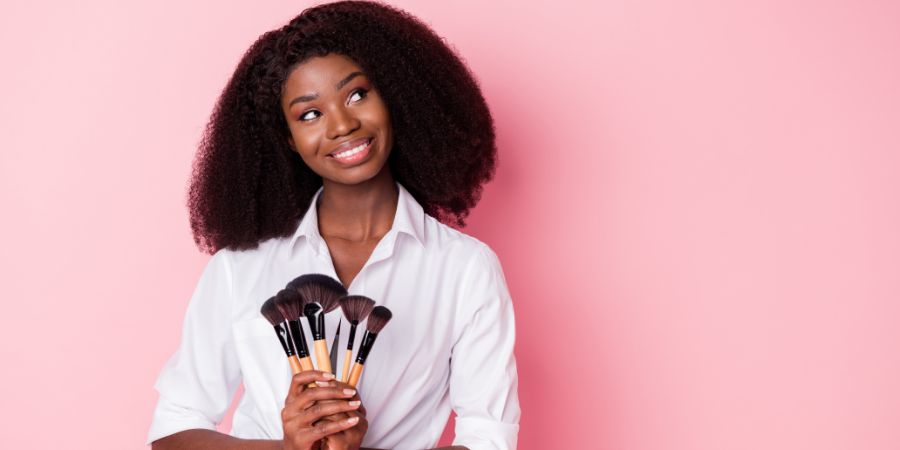
Choosing a specific niche within the cosmetology field can help set you apart from others and increase your job prospects. Below, we have included are some of the essential tips and considerations when deciding on your niche.
Identify Your Interests and Passions
Firstly, it is important to identify what areas of cosmetology you are truly passionate about. This could be makeup, hair styling, skincare, nail care, or even permanent makeup. By choosing a niche that aligns with your interests, you will feel more motivated and fulfilled in your career.
For instance, if you’re passionate about enhancing facial features, a career in makeup artistry could be your perfect fit. It allows you to create stunning looks for a variety of occasions, showcasing your talent and creativity. On the other hand, if you find joy in detailed and intricate work, nail art could be the perfect fit, offering endless creative possibilities.
Research Different Niches
Researching different niches within the cosmetology field will give you a better understanding of what each entails and which one may be the best fit for you. Look into job prospects, education requirements, and any ongoing training or certifications needed for your desired niche. Additionally, consider reaching out to professionals already working in these niches to get firsthand insights into their daily routines and challenges. Attending industry events and networking with peers can also provide valuable information and help you make a well-informed decision.
Consider Your Strengths and Weaknesses
Another factor to consider when choosing a niche is your strengths and weaknesses. For example, if you are not confident in your hair styling skills but excel in nail care, focusing on becoming a nail technician may be a better option. Understanding where your natural talents lie can significantly impact your success and satisfaction in your chosen field. Take some time to reflect on your experiences and seek feedback from mentors or colleagues to gain a clearer perspective on where you excel.
Think About Market Demand
Market demand plays a significant role in job opportunities and potential income in any field. It is important to research the demand for your desired niche in your local area or target market. This will help you make an informed decision on which niche has better job prospects. For instance, if there is a high demand for specialized skincare treatments in your area, pursuing a career as an esthetician could open up numerous opportunities for growth and success. Conversely, if a particular niche is oversaturated, it might be more challenging to establish a strong clientele.
Keep Up with Industry Trends
The beauty industry is constantly evolving, and keeping up with current trends can give you a competitive edge in your chosen niche. Stay updated through social media, attending conferences and workshops, and continuing education courses. By staying informed about the latest techniques, products, and styles, you can offer your clients cutting-edge services and stay ahead of the competition. Joining professional associations and subscribing to industry publications can also provide valuable resources for staying current with trends and advancements.
Ultimately
Choosing the right cosmetology niche requires thorough research and self-reflection. Consider these factors before deciding to ensure you’re on the path to a fulfilling and successful career in the beauty industry. With dedication, hard work, and a passion for your niche, you can achieve great success as a cosmetologist. Take charge of your future and choose wisely! Whether you become a master hairstylist, a sought-after makeup artist, or a skilled esthetician, finding your place in the beauty world will lead to a rewarding and prosperous career.
Job Prospects for Cosmetologists
The field of cosmetology offers a variety of job opportunities- even within your niche! With the beauty industry constantly growing, there is an increasing demand for skilled professionals in this area. This growth is driven by new trends, innovative beauty treatments, and a heightened focus on personal care and wellness. As a result, pursuing a career in cosmetology can be both rewarding and promising, providing ample space for creativity and professional development.

Makeup Artistry
The rise of social media and online platforms has highlighted the latest beauty trends and techniques, leading to a serious increase in the demand for professional makeup artists. However, what sets you apart will be your strong knowledge of foundational skills that can be applied to any look matter what today’s trend is.
Job opportunities for makeup artists can be found in various industries, including:
- Weddings: Makeup artists are essential in helping brides and bridal parties achieve their desired look for the big day.
- Fashion events: From runway shows to photoshoots, makeup artists play a crucial role in creating stunning looks that complement the designer’s vision.
- Entertainment industry: With the rise of influencer culture and celebrity endorsements, makeup artists are in high demand to ensure that influencers and celebrities look their best on and off the camera.
In addition, makeup artists are also needed for film and television productions, theater, and special events, all of which require specialized skills and creativity to bring characters and visions to life.
Hair Styling
There is a growing demand for skilled hair stylists due to advancements in haircare and styling products. This surge is driven by new technologies, innovative products, and an increasing focus on personal appearance. Professionals with up-to-date training and techniques are crucial, as they are better equipped to meet clients’ evolving needs and preferences. Job prospects are expected to grow as people increasingly focus on self-care and wellness, seeking out professional services to enhance their appearance and boost their confidence.
Areas where hair stylists can work include:
- Hair salons: Offering a range of services from cuts and coloring to treatments and styling.
- Film sets: Creating character looks and ensuring continuity throughout the production.
- Fashion shows: Collaborating with designers to complement the clothing and overall aesthetic.
- Theatrical productions: Crafting hairstyles that fit the characters and period settings of various plays and musicals.
- Television studios: Providing styling for on-screen personalities and guests.
- Cruise ships: Catering to passengers with a variety of hair care services while they enjoy their vacation.
- Spas and resorts: Offering hair treatments and styling as part of a comprehensive wellness experience.
With a diverse range of opportunities, the career prospects for hair stylists are expanding, making it an exciting and dynamic field to enter.
Skincare
With an increasing emphasis on self-care and maintaining healthy skin, estheticians with proper education and training have numerous job opportunities available. The skincare industry offers various career paths for estheticians, allowing them to work in diverse environments and apply their skills in multiple ways. Estheticians are not only trained in skincare treatments but also in understanding skin health, customer service, and the latest beauty trends. This comprehensive knowledge allows them to provide personalized care and advice to their clients.
- Spas: Estheticians can work in luxury spas providing facials, body treatments, and relaxation services.
- Medical offices: They can assist in medical offices, working alongside dermatologists to offer advanced skincare treatments.
- Dermatology clinics: In dermatology clinics, estheticians support skin care procedures and educate patients on post-treatment care.
- Beauty salons: Beauty salons employ estheticians to provide a variety of skin and beauty services, including makeup application and hair removal.
- Freelance skincare consulting: Many specialists choose to work independently, offering personalized skincare consultations and treatments to clients in their own homes or through virtual platforms.
The growing focus on skincare and wellness presents estheticians with numerous career opportunities, offering job security and the fulfillment of helping people look and feel their best.
Nail Technician
Nail technicians are increasingly sought after as more individuals look for professional manicures, pedicures, and intricate nail designs. With the right education and training, they can find opportunities in various settings and even start their own businesses. The demand for this profession is projected to grow, reflecting the rising popularity of nail care and the trend toward self-care and personal grooming.
- Salons: Provide a range of services including manicures, pedicures, and creative nail designs. These environments often have a steady flow of customers and can offer a lively and dynamic workspace.
- Spas: Offer comprehensive nail care services as part of a broader beauty and wellness treatment. Working in a spa may also involve creating a relaxing and tranquil experience for clients, often using high-end products and techniques.
- Own Business: Potential to open and manage a personal nail care business. This path offers the flexibility to set your own hours, select your clientele, and create a unique brand identity. It also presents the opportunity for significant financial growth and professional satisfaction.
Additionally, nail technicians can stay ahead in the industry by continuously learning new techniques, staying updated on the latest trends, and possibly even specializing in areas such as nail art or therapeutic treatments. This ongoing professional development ensures they can offer the best services and maintain a competitive edge.

Overall
Job prospects for cosmetologists are promising due to the constant growth of the beauty industry. To succeed, consider choosing a specific niche within the field. With proper education and training from reputable schools, you can confidently enter specialized areas like hair styling, skincare, or makeup artistry and have a fulfilling career. Stay updated on industry trends and continuously improve your skills to stand out in a competitive job market. Make sure to do your research and choose a niche that aligns with your interests and career goals.
Conclusion
The beauty industry offers endless possibilities for those who are passionate and dedicated to their craft. By choosing a niche that aligns with your interests, strengths, and local market demands, you can build a successful and fulfilling career as a cosmetologist. Remember to always invest in yourself through education and stay updated on industry trends. With hard work and determination, you can succeed in this exciting field!

So go ahead, explore your options and choose the niche that speaks to you. Your future in the beauty industry is waiting! And remember, whether you become a cosmetologist, esthetician, makeup artist, or any other beauty professional, you have the power to make people feel confident and beautiful every day – and there’s no greater reward than that. Enjoy your journey towards finding your perfect niche in the world of beauty! Happy styling!
Frequently Asked Questions

Q: What’s the difference between a cosmetologist and an esthetician?
A: Cosmetologists are trained to handle a variety of beauty services including hair, makeup, skincare, and nails. Estheticians, on the other hand, specialize specifically in skincare, providing treatments like facials, exfoliation, and other non-invasive procedures.
Q: How long does it take to become a licensed cosmetologist?
A: The time it takes to become a licensed cosmetologist varies by state, but it generally takes anywhere from 9 months to 2 years of schooling and training. This includes both theoretical education and practical, hands-on experience. Many people choose to specialize in a specific area of cosmetology instead that doesn’t need a license. Be sure to check state regulations, as qualifications vary by state.
Q: Are there advancement opportunities for cosmetologists?
A: Absolutely. With experience and further education, cosmetologists can advance to roles such as salon manager, educator, or even open their own beauty business. Continuing education and staying updated on industry trends are key to career advancement.
Q: Do makeup artists need licenses?
A: Many states do not require a license, however, some do. Whether makeup artists need a license depends on the state. It is important to check local regulations to ensure compliance.
Q: What’s the difference between a skincare consultant and an esthetician?
A: Skincare consultants primarily give advice on skincare routines and recommend products. Estheticians, however, perform hands-on skincare treatments and require formal training and a license to practice.
Q: Do skincare consultants need a license in the US?
A: There are no licensing requirements to become a skincare consultant. While formal training isn’t necessary, most people take a certification course to gain a strong understanding of t he subject and increase client confidence.
